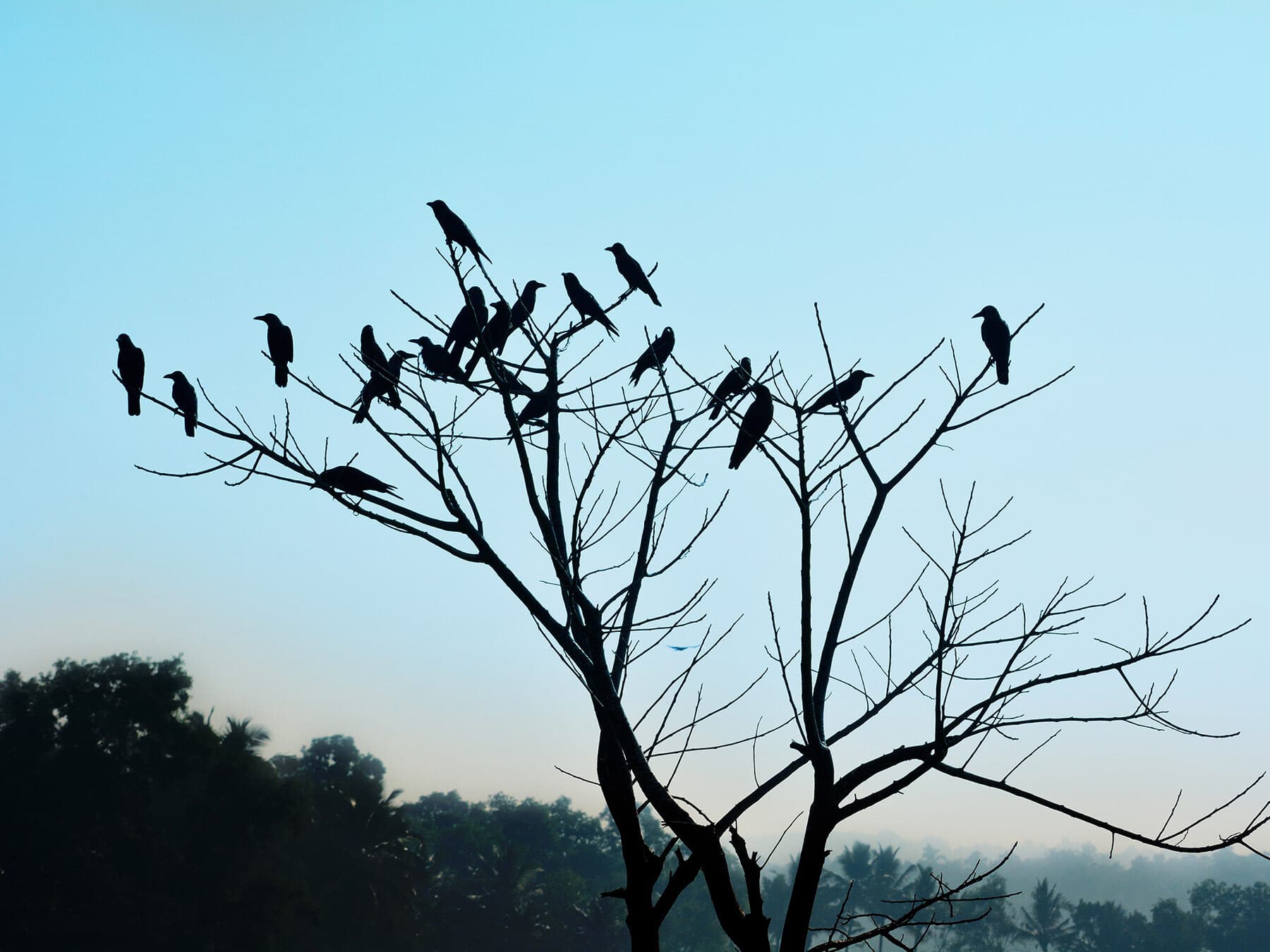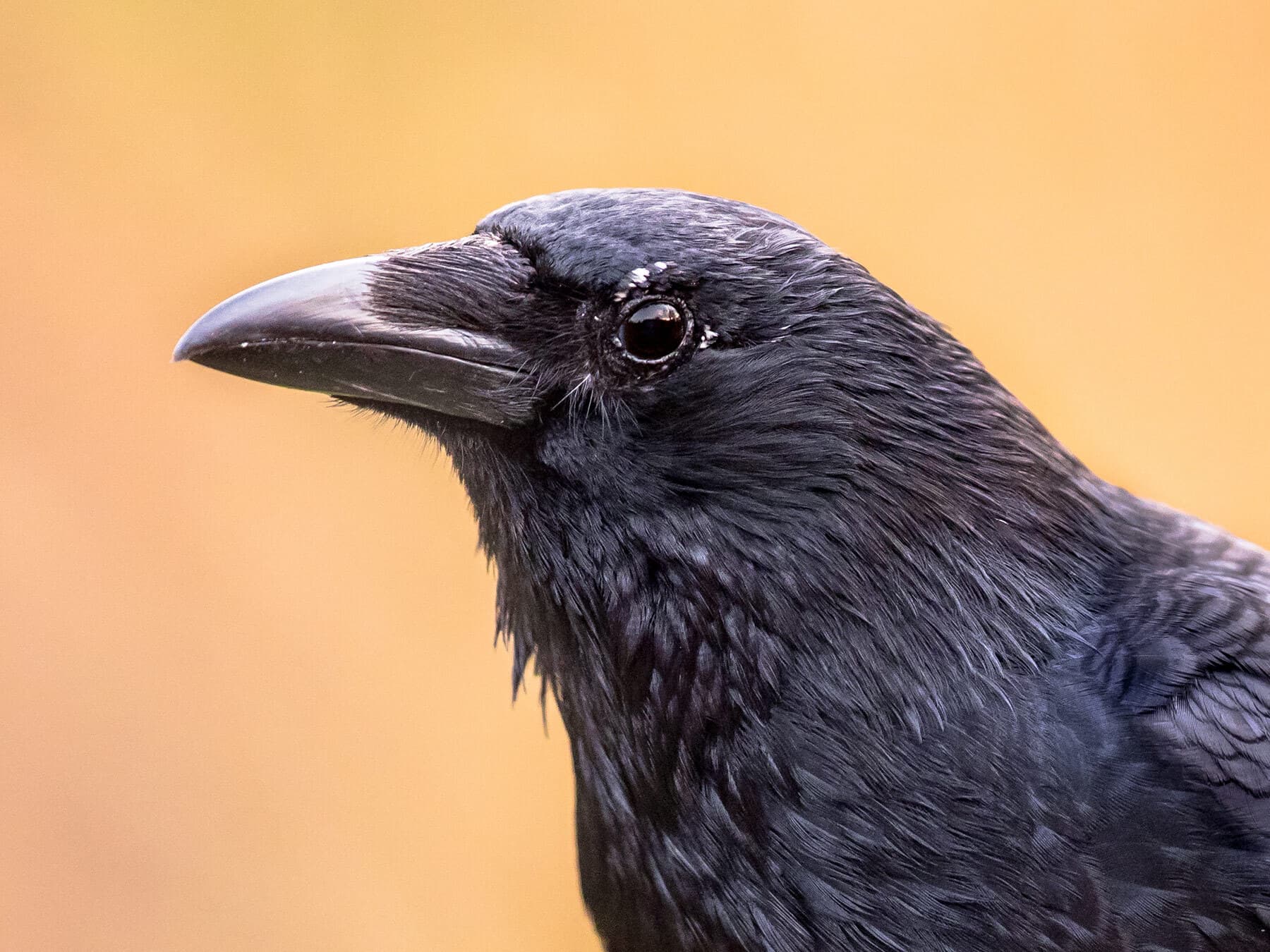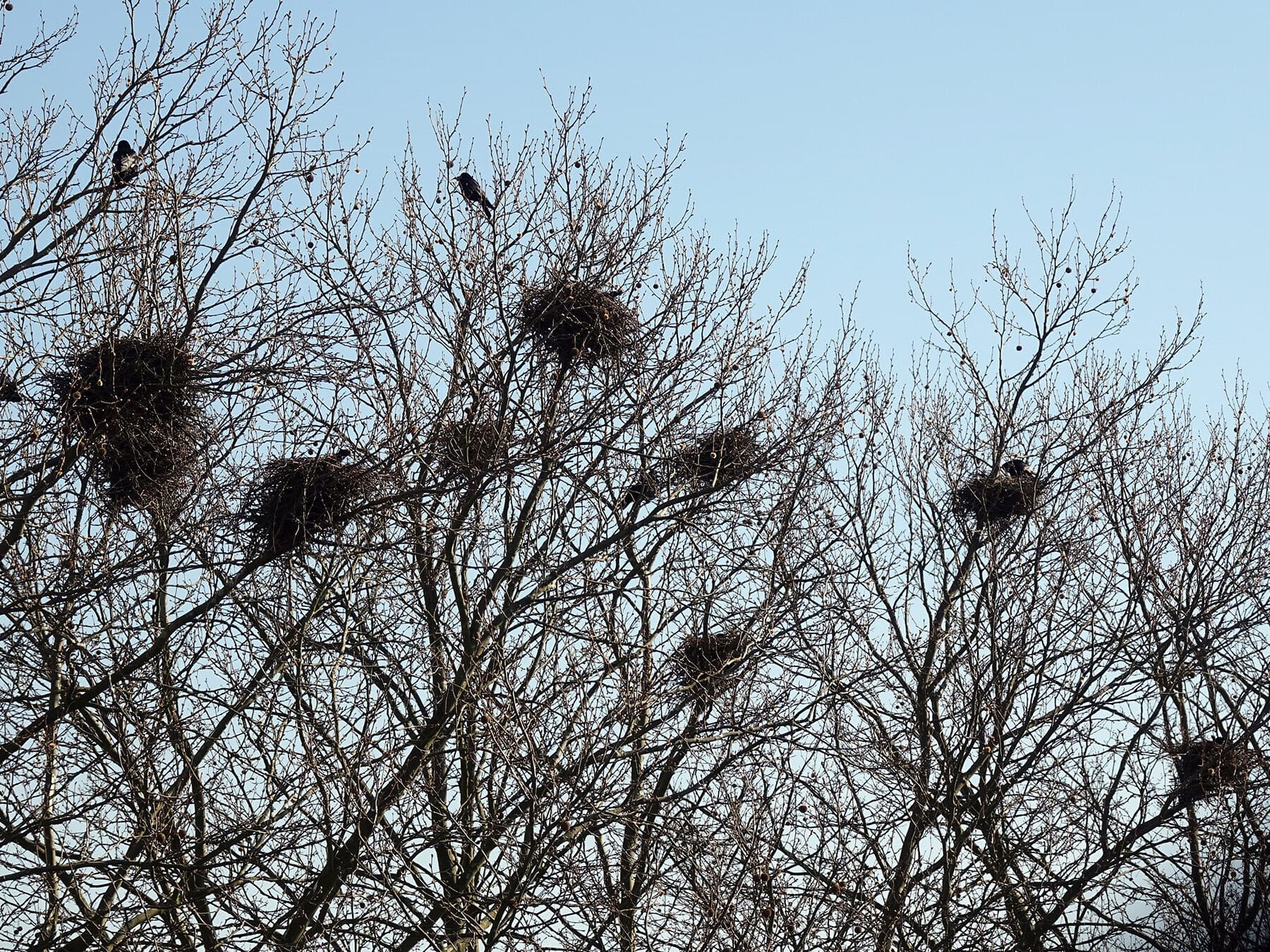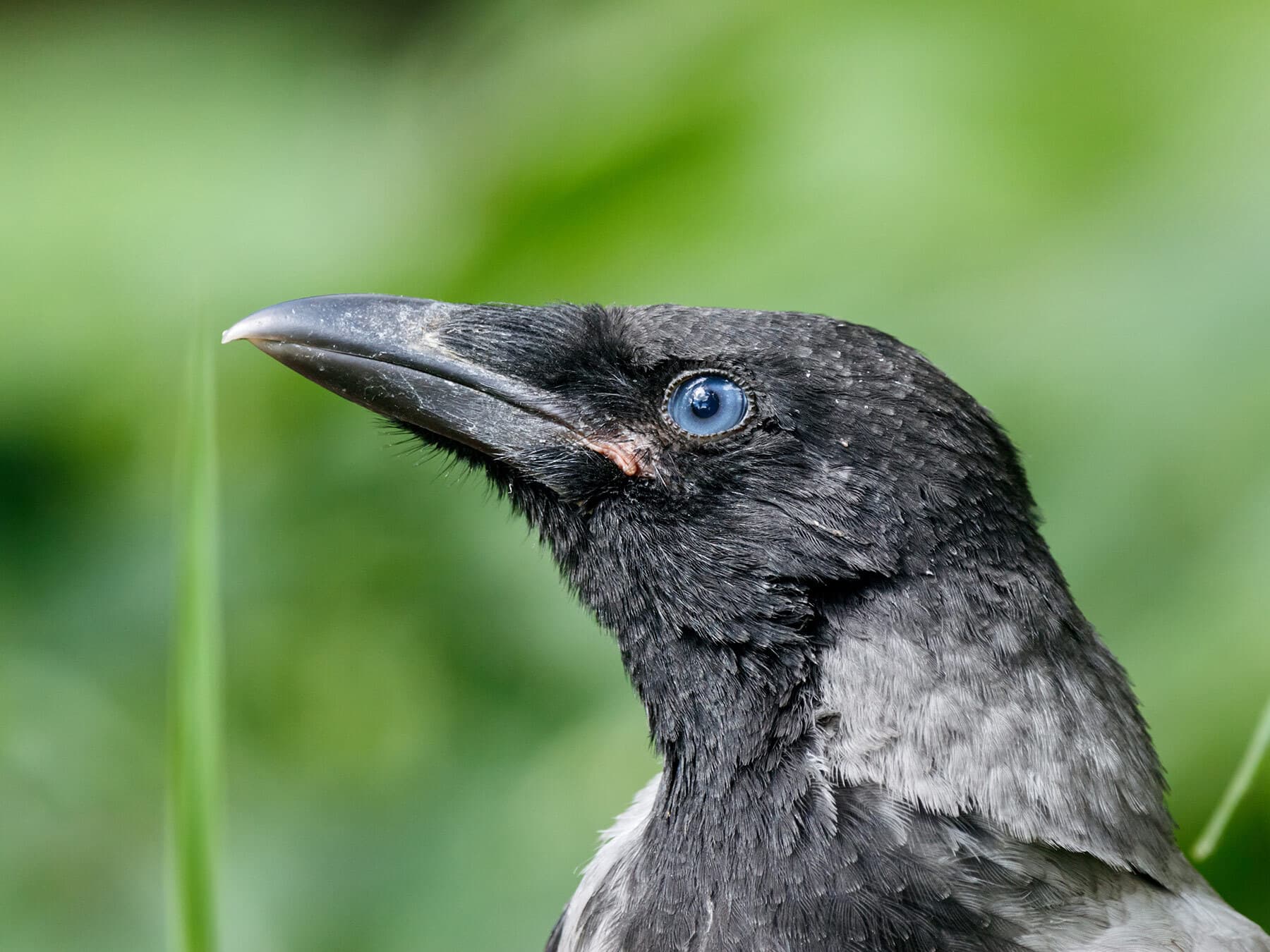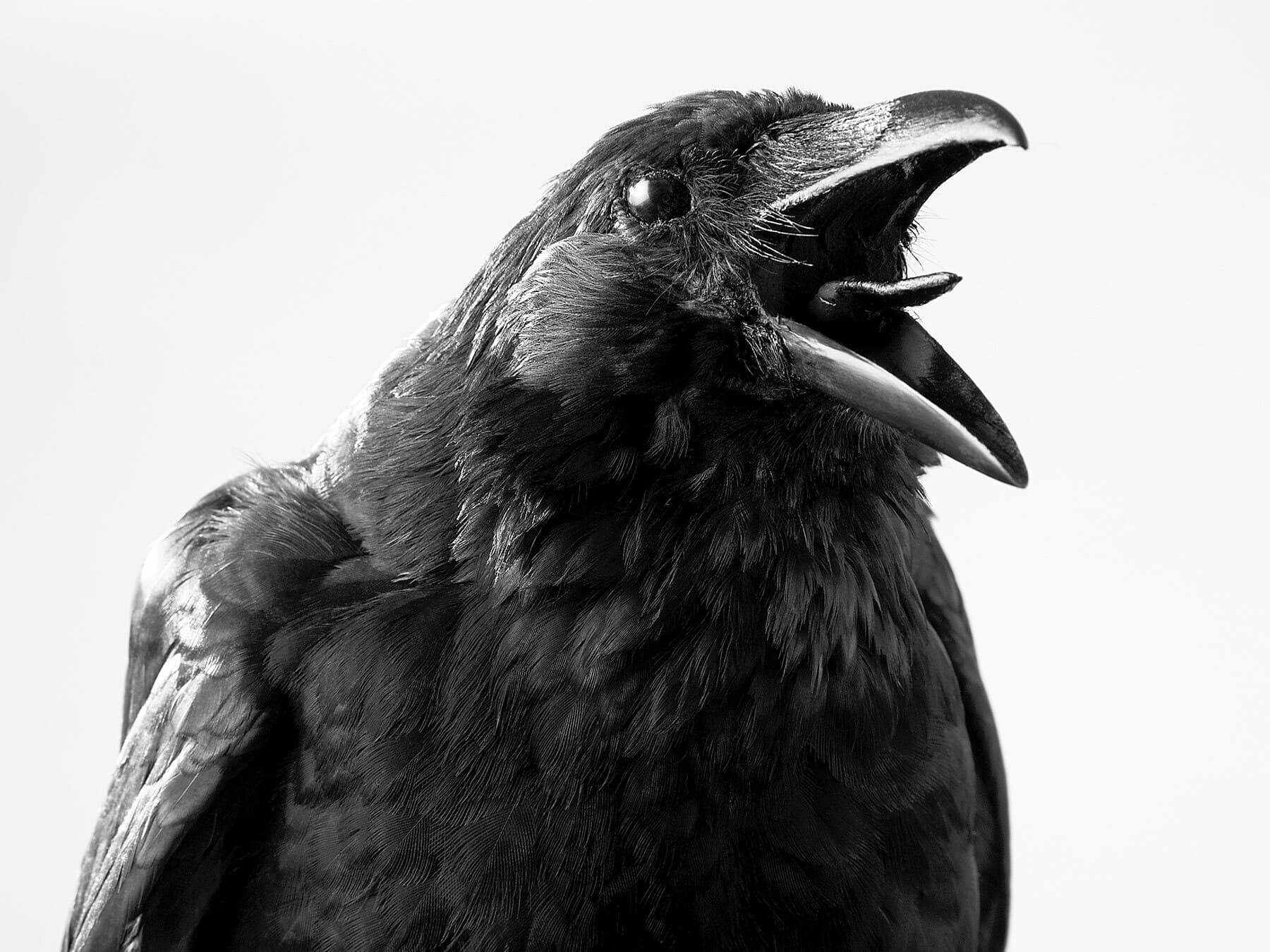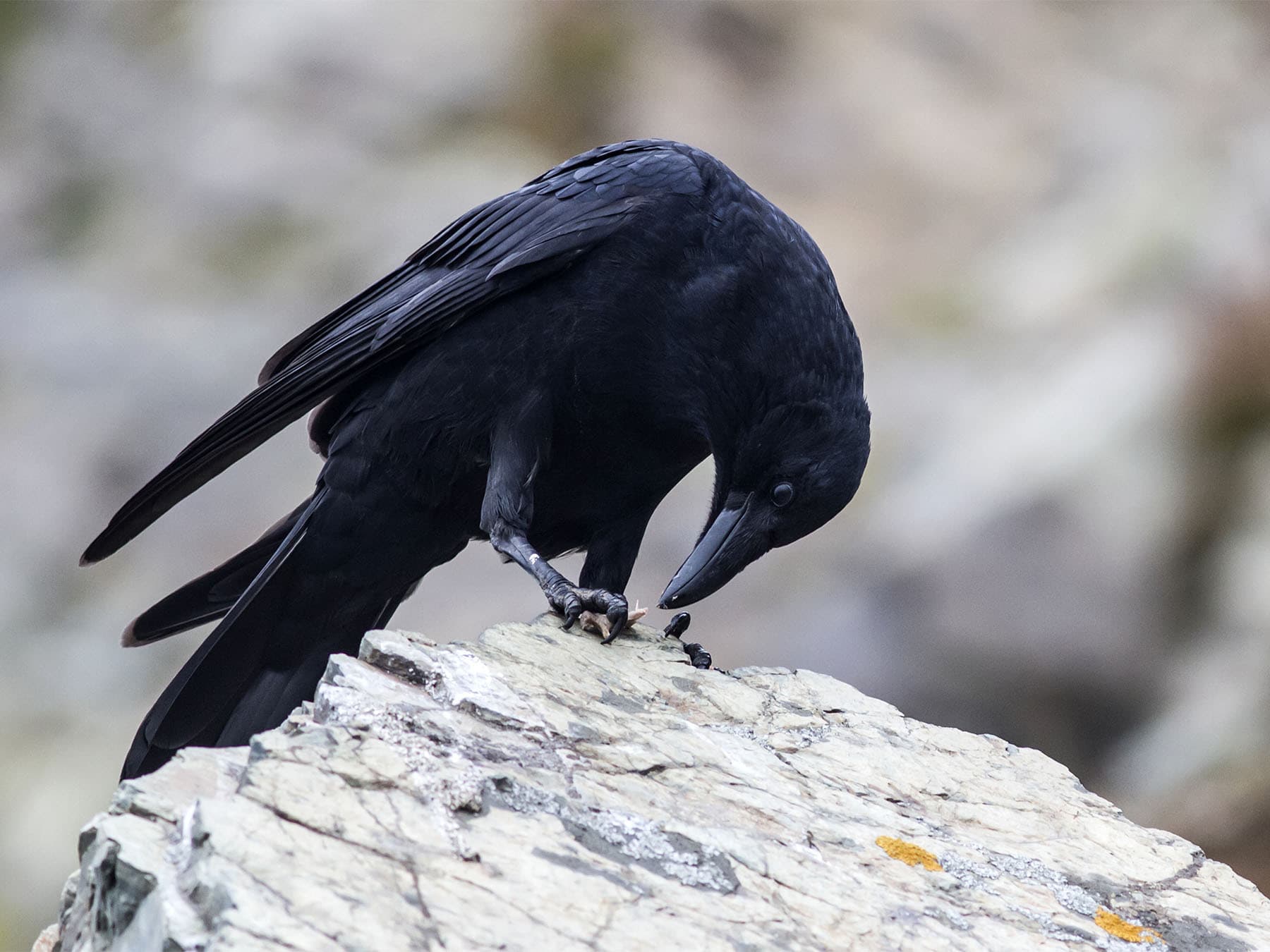
From the Journal
Crows: What They Eat and How They Find Their Food
- Crows are omnivorous and highly adaptable, consuming a diverse diet including insects, fruits, small animals, carrion, and human leftovers, depending on their environment.
- Known for their intelligence, crows use tools and complex methods to find and access food, and they can recognize and remember humans who feed them regularly.
- In natural habitats, crows feed on a variety of insects, small animals, fruits, and nuts, but in urban areas, they often scavenge for garbage, human food, and pet food.
- While feeding crows can lead to a reciprocal relationship, it's important to consider ethical aspects, as overdependence on human-provided food may disrupt natural behaviors and local ecosystems.
When we talk about ‘crows’, we’re usually referring to the Carrion Crow, a medium-sized pure black corvid, widespread in both the countryside and in towns and cities across England, Wales and most of Scotland. Named after their habit of feasting on dead animals and birds, the diet of crows is actually far more diverse than just decaying flesh.
Read on to learn about foods that commonly feature in a crow’s diet and their often ingenious methods of finding food.
Crows are known for their remarkable intelligence, demonstrated by their ability to use tools and make complex decisions and choices. They are fast learners and this impressive brain power extends to their adaptability and varied diet, as they are able to even distinguish fast food packaging amongst a selection of discarded litter and make the connection that this is more likely to be a source of food.
By feeding crows, as well as the reward of knowing you’ve contributed to the health and survival of these birds, you may even find yourself at the end of a reciprocal gift brought in return by these fascinating corvids. Several people who have established a regular feeding routine are brought ‘gifts’ by their grateful visitors, including beads, glass, screws and even earrings!
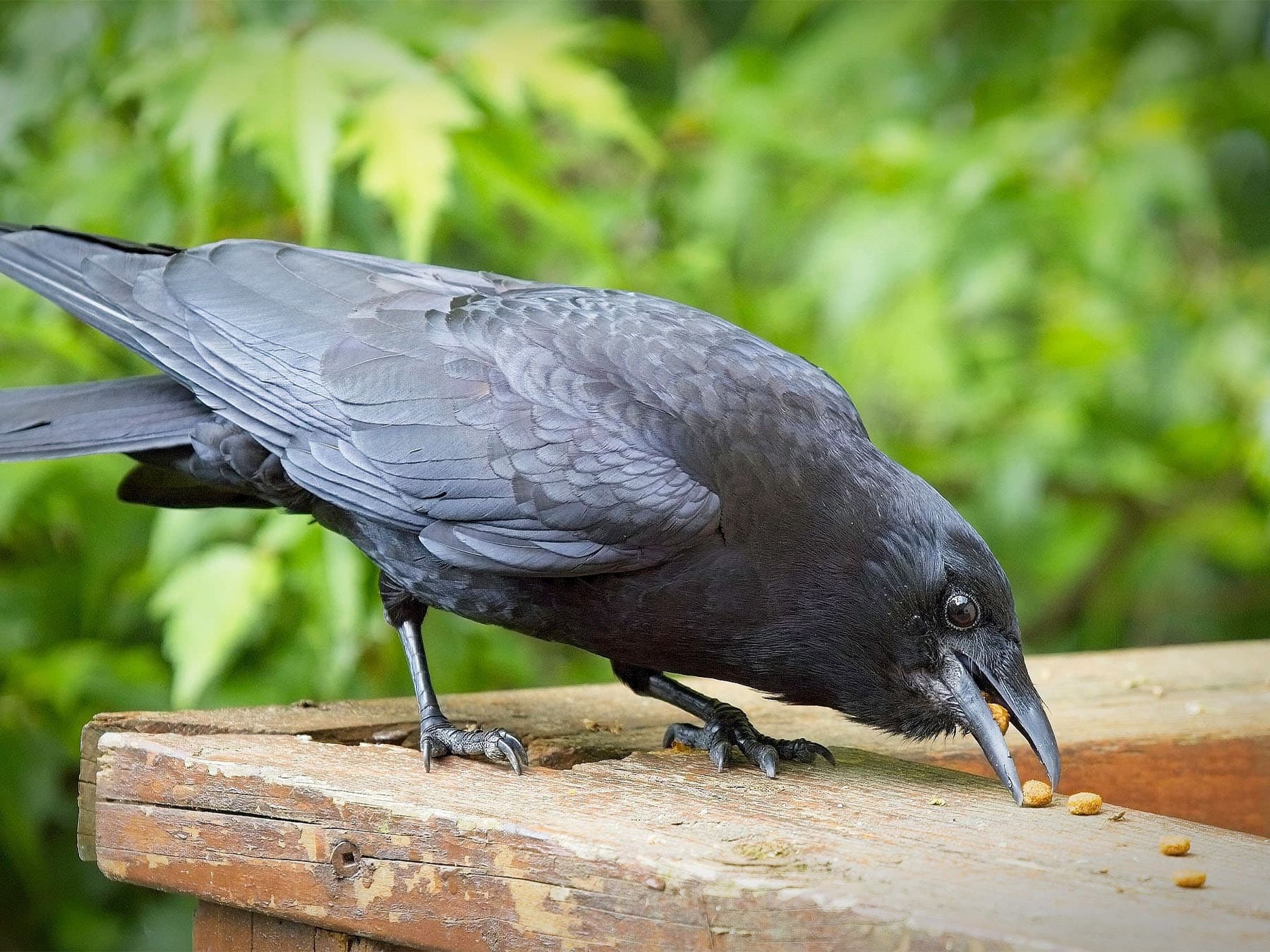
Overview of a Crow's Diet
Crows are omnivores and have adapted to eat a wide and diverse range of foods, depending on their habitat, the season and what they opportunistically find or scavenge for.
It’s hard to think of anything a crow will not eat – their scavenging nature is the key to their ability to successfully adapt to whatever environment they find themselves living in.
From insects and earthworms to berries and grains, elements of their natural diet are quite unremarkable. But they are also known to eat small mammals, frogs, birds’ eggs and baby birds.
They are also a common sight on roadsides, picking their way through the carcasses of birds and animal victims of fatal collisions with vehicles.
Another popular feeding hangout for hungry crows is around bins in busy city centres, opportunistically waiting for people to drop litter that may contain fast food leftovers or other edible scraps. They also visit gardens to take advantage of leftover pet food and any spillage from bird feeders.
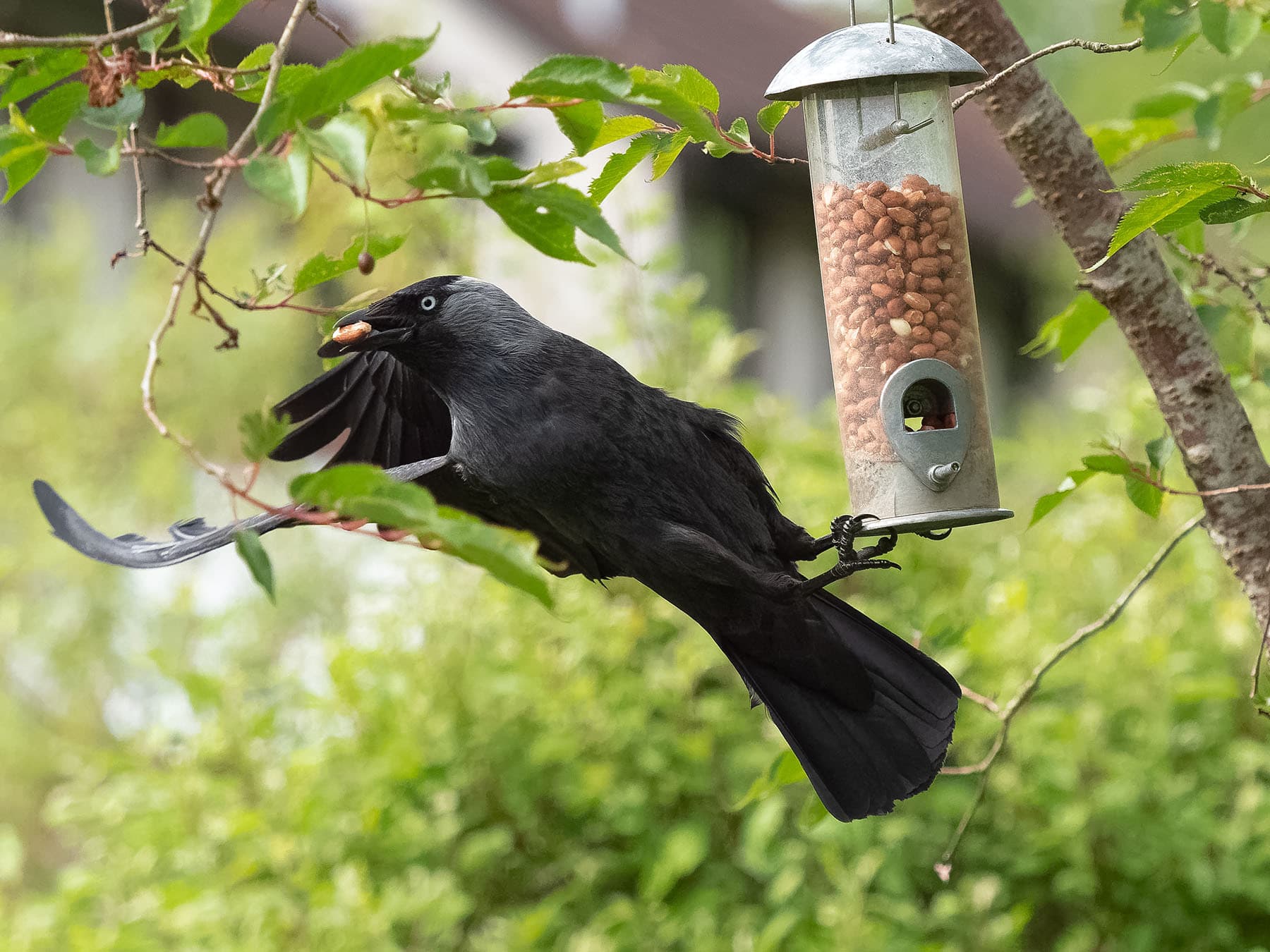
Crows in the Wild: Natural Diet
Once notorious as egg thieves that prey on unsuspecting incubating birds, crows were viewed as major pests by farmers, landowners and gamekeepers. But the natural diet of rural crows isn’t limited to birds, their eggs and small animals. Read on to learn more about what countryside crows eat in their original native environments.
Insects & Small Animals
Insects and invertebrates feature heavily in the natural diet of crows, both in rural and urban environments, especially earthworms, larvae, beetles, snails and caterpillars. Lizards, small rodents, frogs and toads, and baby birds are also widely eaten.
Some larger birds, including songbirds and even doves, may occasionally be targeted, particularly if a crow encounters a weak or injured bird.
Fruits & Vegetables
Compared to animal matter, grains, wild fruit, seeds, flowers, bulbs and vegetables form a relatively small component of a crow’s diet, perhaps representing between 10 and 20 percent of their total food intake.
Fruit and vegetables eaten vary widely according to season, but popular choices include grapes, apples, corn, berries and peas. Nuts are a particular favorite and crows can regularly be found scouring gardens for anything that has spilt from feeders or scattered on the ground.
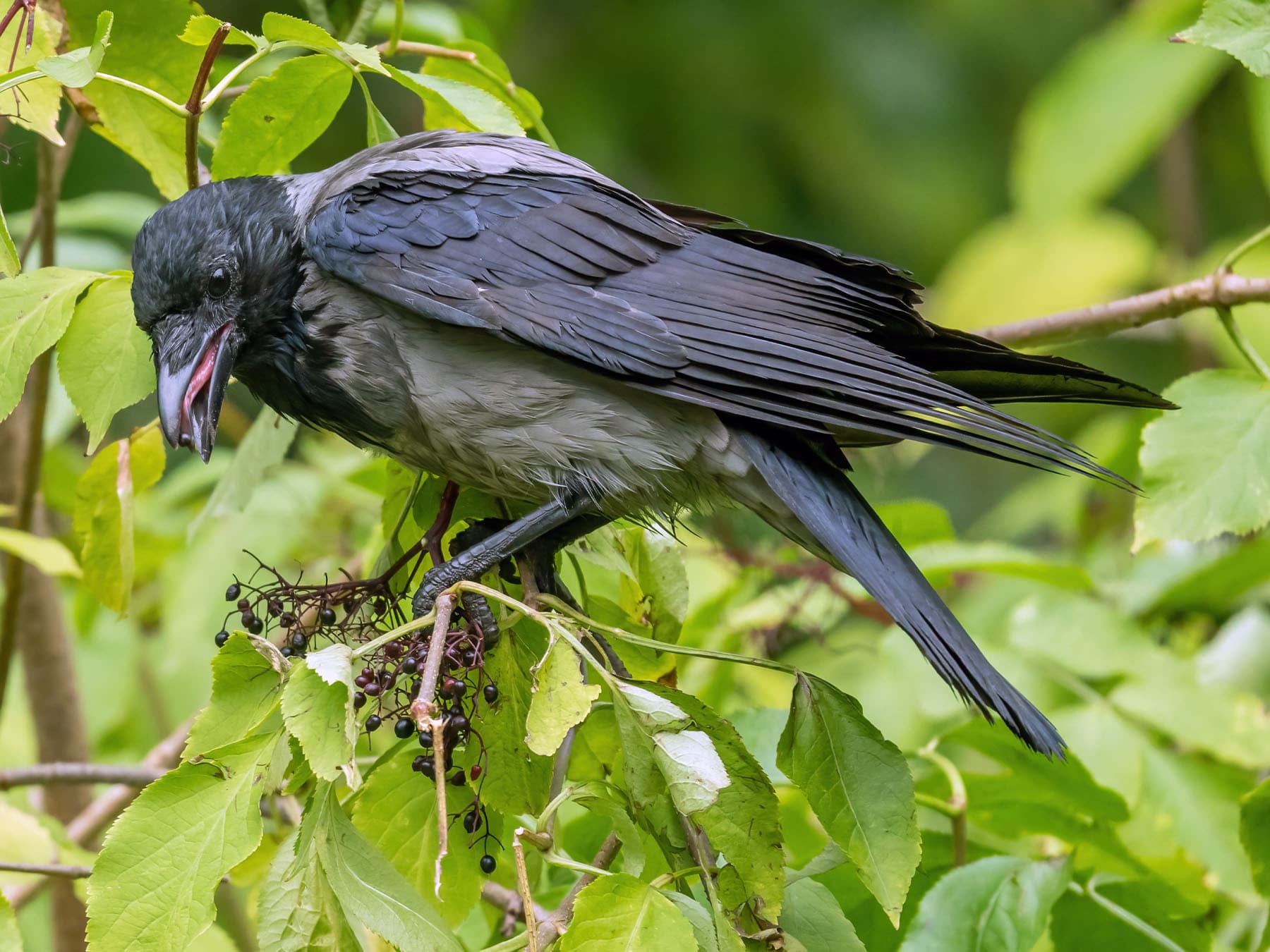
Carrion
Crows are a familiar sight on roadsides, picking their way through carcasses of rabbits, foxes or other birds that may have been struck by vehicles and not lived to tell the tale. Any animal or bird corpses that it may come across in its local environment will also catch their attention, regardless of how they died.
Dead livestock and the bodies of small mammals and birds are all viewed as a convenient feeding opportunity, and if there’s enough to share, crows can be heard summoning their flockmates to join the feast.
Eggs
Crows have a reputation as egg thieves, raiding nests of breeding birds and snatching unhatched eggs or young hatchlings. Eggs offer a high-protein source of food for hungry corvids, and they are not particularly fussy about which nests they raid, targeting incubating ducks, songbirds, pigeons, grouse, gulls and even other corvids.
Got a photo of a bird you can't identify?
Upload a photo and find out what it is in seconds — no account needed
Identify a BirdUrban Crows: Adapting to City Life
In busy cities, with intense residential and industrial developments, there are not always sufficient opportunities for crows to forage for small animals, birds and fruits or grains that form their natural diets. Learn more about foods that city-dwelling crows may turn to for survival in urban environments below.
Garbage & Human Food
Quite often at popular picnic spots, the areas around bins are strewn with littered packaging and an unsightly mess of leftover food. Although we’re quick to blame careless humans for not disposing of their rubbish properly, the true culprits may actually be hungry crows.
Knowing that waste bins in parks are a likely source of food scraps, crows have been observed pecking at rubbish and food packaging in these bins and flicking them onto the ground so they can sift through them and access anything edible.
Crows will also scour landfill or refuse sites and around fast food restaurants for any edible scraps and may raid household waste left out for collection, splitting bin bags in search of uneaten food.
Pet Food
Pet food left in back gardens will frequently attract the attention of crows, magpies and jackdaws.
Both meaty cat and dog food and dried biscuits are irresistible to corvids, and provide a quick high-energy snack that is easy to eat on the spot or to carry off depending on the situation.
If householders leave pet food out purely for birds to feed on, it’s wise to moisten it slightly as it makes it easier to swallow and eliminates choking risks.
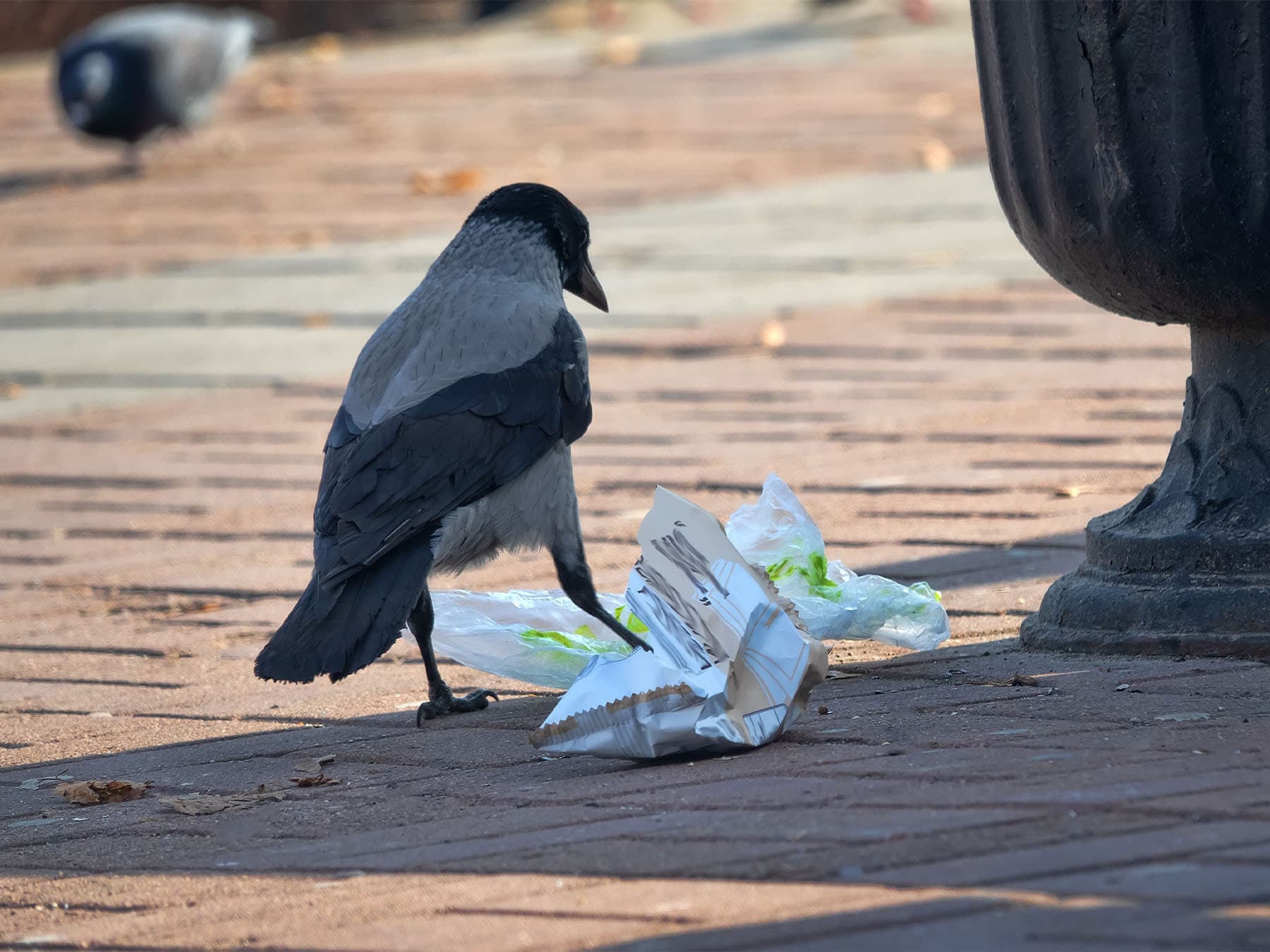
Benefits & Drawbacks
Crows are resourceful and adaptable and will rarely go hungry, managing to find sufficient food to eat regardless of their surroundings, whether it’s from bird tables, domestic pets’ feeding bowls, public bins or household waste containers.
Although not the diet of choice, their instinct to survive must be admired, as they can adapt well to whatever environment they find themselves in and are not restricted to one source of food.
An increasingly common phenomenon in urban crows is sightings of corvids with their traditionally black plumage mottled or streaked with white. This unusual appearance, a condition known as “McDonald’s disease” is believed to be caused by poor nutrition, particularly a lack of protein and excess of junk food.
When crows eat too many salty, fatty foods, including chips, fried chicken and burger scraps, they also face developing obesity and related health risks.
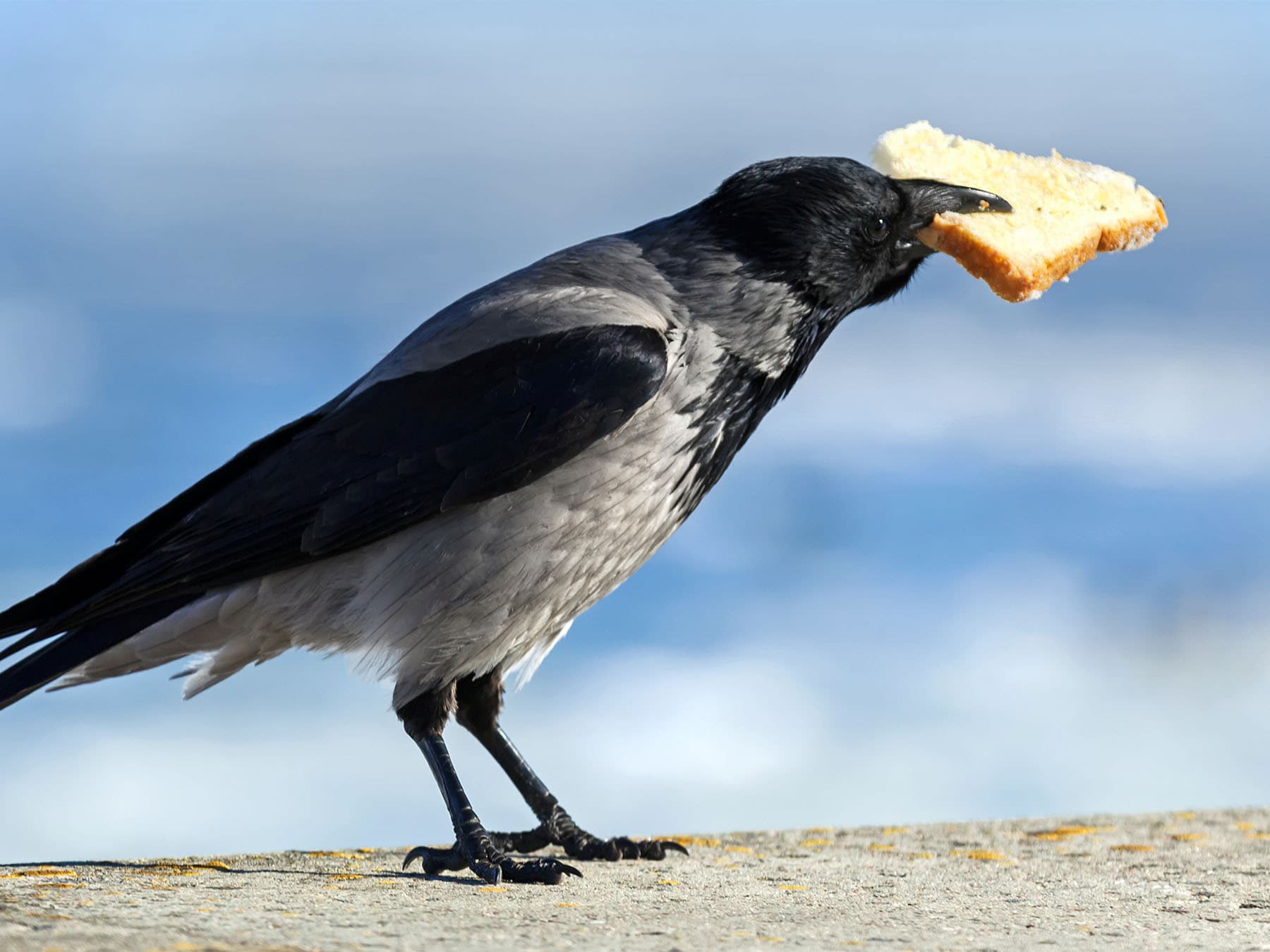
Feeding Behaviours & Techniques
As well as adapting their diet to their surroundings and surviving on whatever food or scraps they can find, crows have developed a number of ingenious feeding behaviours that indicate just how intelligent they are.
Read on to learn more about how brainy corvids use their supreme intellect to their advantage when foraging for food.
Tool Use
Research into corvid behaviour around the world has observed some fascinating advanced use of tools to access food, including sticks and other objects to inspect food items before eating and also to bring out-of-reach items closer when foraging.
New Caledonian crows have been recorded bending sticks to hook food, bringing it within reach, making their foraging efforts more efficient.
Crows also appear to have developed effective techniques when eating foods such as mussels, crabs and even walnuts. They solve the problem of breaking through the tough outer shells by dropping them onto a hard surface from a height in order to smash them open.
A bowl of water nearby is not only welcomed by crows as a source of hydration but also plays a key role in helping them digest their food more easily. Crows are regularly observed dunking chunks of hard food, for example, suet pieces, bread and crunchy cat biscuits, into a bird bath or water dish to soften them before swallowing.
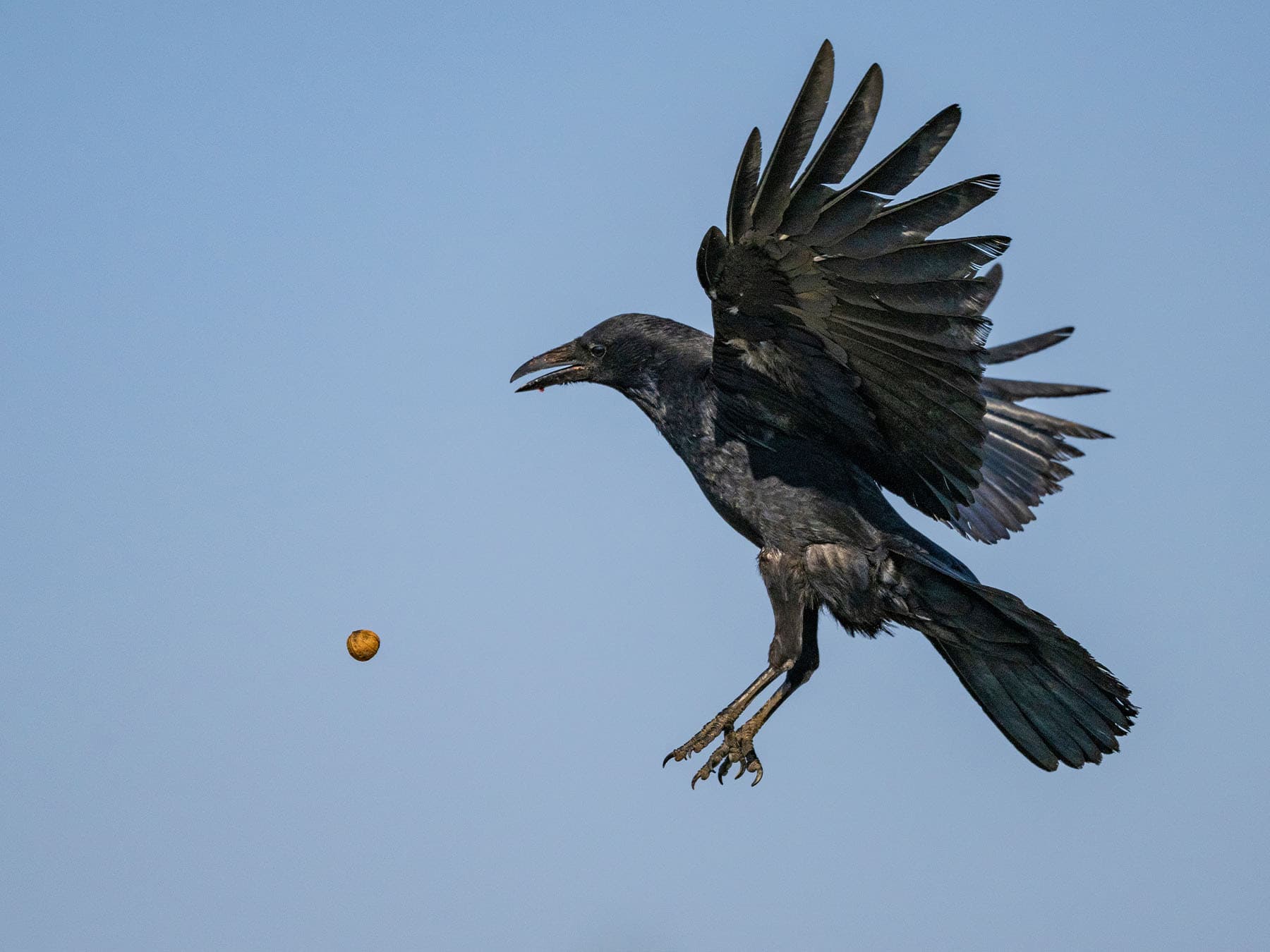
Cooperation
Despite the traditional belief that crows are solitary birds and feed alone, they frequently associate in family groups and will alert each other to the presence of food.
On spotting a food source, and establishing that there is plenty to share, a crow can often be heard to give out three loud caws to alert a mate that they’ve found food.
However, if a crow’s initial assessment is that there isn’t enough to go around, then it will silently feed without broadcasting the fact that they’ve found food!
Mimicry & Trickery
Many corvids, including crows, bury food in secret caches to hide it from other birds. They return to these hidden stashes at a later stage to avoid having to share their finds.
Crows may also mimic humans and other birds in order to protect a food source, scaring off other species in order to claim sole access.
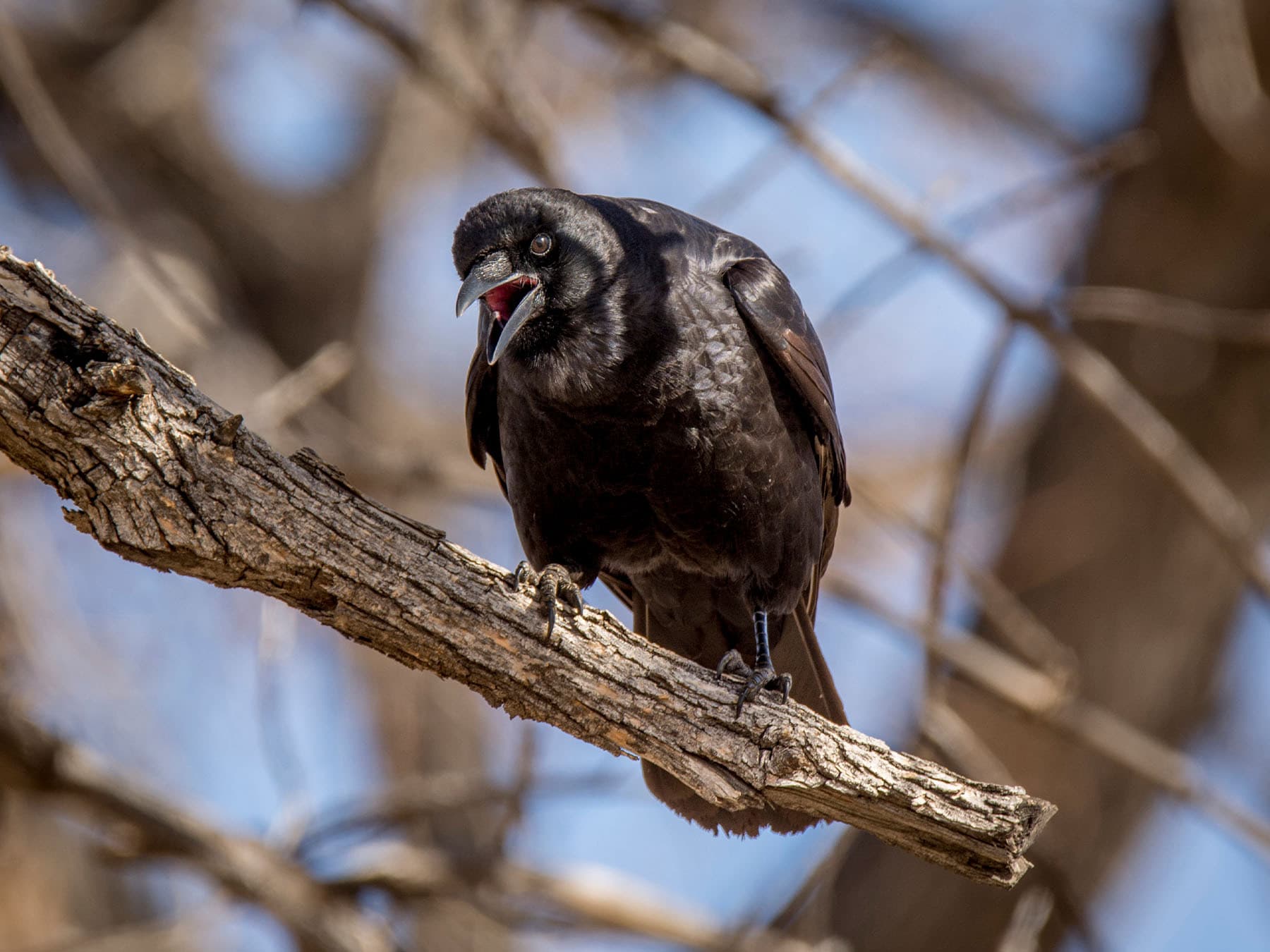
Seasonal Variations in Diet
Crows are non-migratory birds and remain in the same territories all year round. Due to the changing seasons and weather conditions, natural food sources may decline in autumn and winter, including berries, fruits and insects. Read on to learn how crows adapt to these seasonal changes.
As an omnivorous species, crows have a diverse diet and are never short of potential foods. Key to their survival in cities and countryside habitats throughout the UK is their wide and varied food intake, ranging from insects, invertebrates, birds’ eggs, fruit, roadkill and domestic waste or other discarded food scraps.
In spring, the peak time for bird breeding, eggs and hatchlings feature in a crow’s regular diet, while later in the year, berries and fruit become more important. In winter, anything goes! Seed, nuts and suet are provided at garden bird feeders, scraps of leftover human food, including bread and fast food, and animal feed, including meat and dry biscuits intended for cats and dogs.
Crows are opportunistic feeders rather than being strictly governed by seasonal preferences or availability. If a crow comes across a fresh, meaty bit of roadkill in the height of summer, it’s unlikely it’d ignore it in preference of fruit or insects. This adaptability and widely varied diet gives them an improved chance of survival as they are not reliant on just one food source that isn’t readily available all year round.
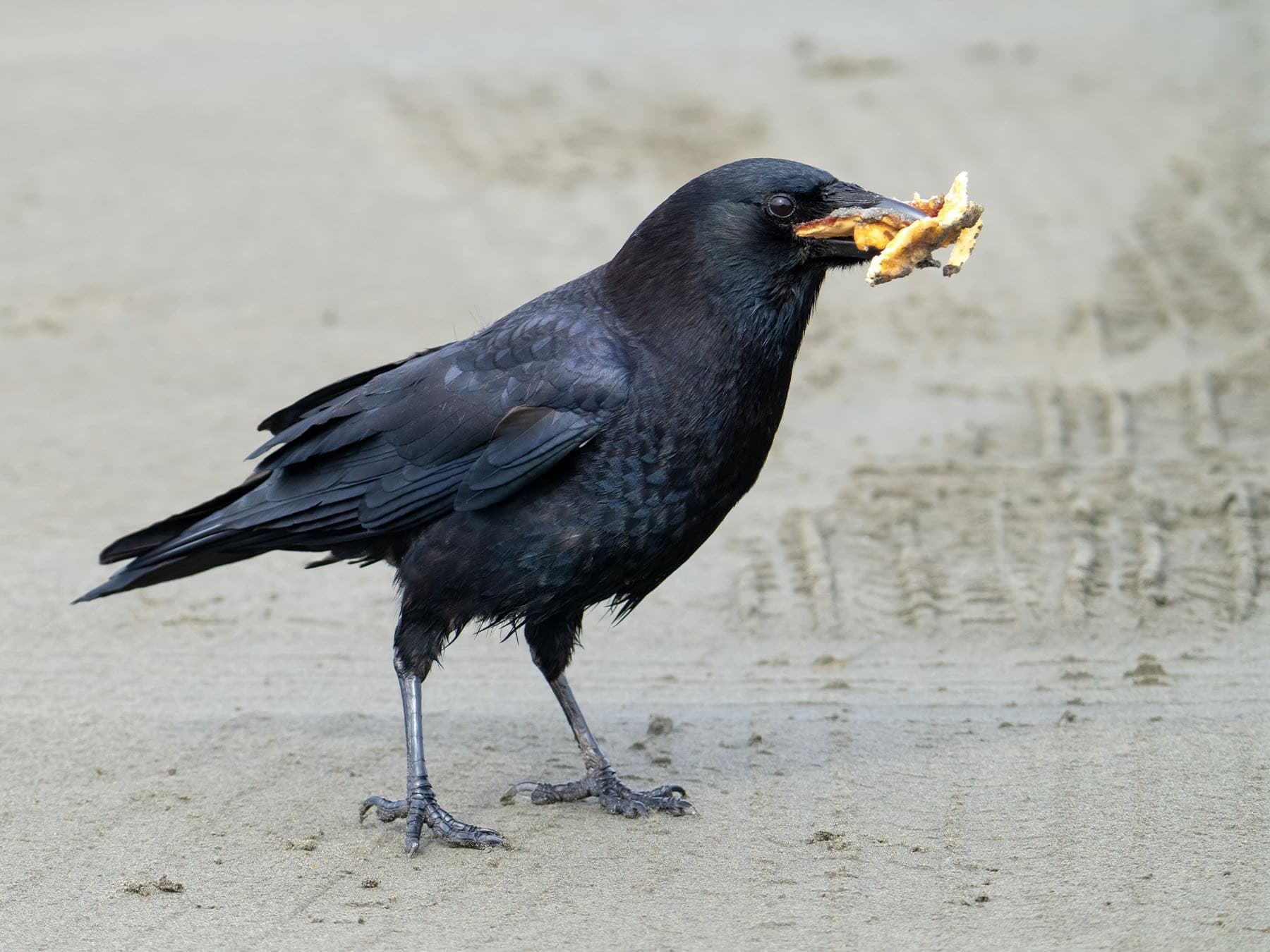
The Role of Crows in the Ecosystem
Crows often get bad press as noisy, ruthless bullies that will dominate feeding sources and act aggressively to protect a food source that they are not willing to share. But they have their positives too, and make a key contribution to their local ecosystems and environments.
Read on to learn more about how crows’ diets can benefit their surroundings.
Seed Dispersal
Fruit, particularly apples, grapes and berries, are loved by crows, and eating them – and subsequently pooping around their territories – plays an important role in dispersing different seeds and propagating new vegetation to grow throughout the landscapes they forage in.
Scavenging
As natural scavengers, crows serve an important role in keeping their local environments free from diseases that may be spread by decaying animal corpses.
By eating the rotting flesh from roadkill and other dead animals, crows effectively clean up their habitats, reducing the risk of attracting rats and other pest species.
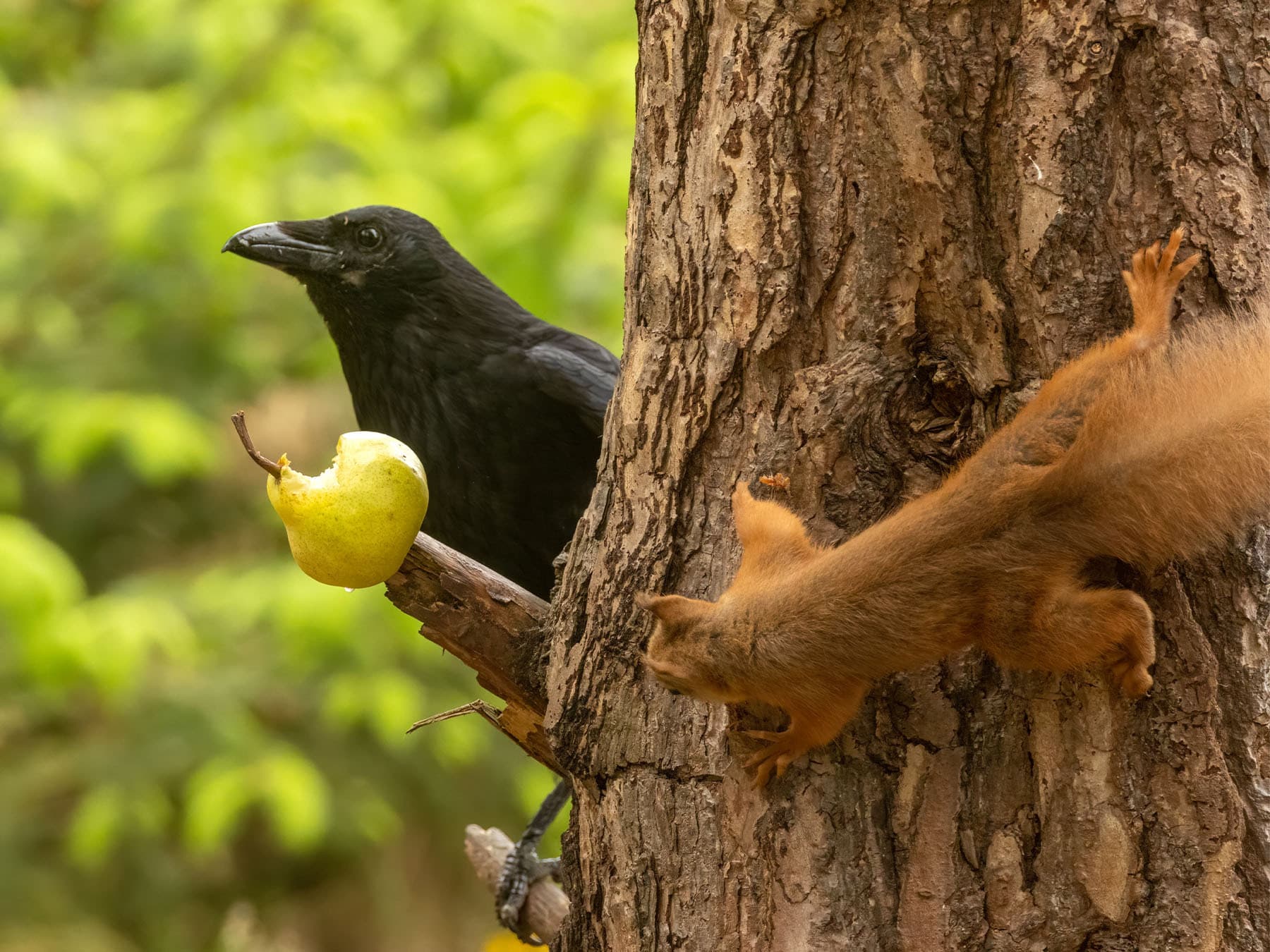
Human-Crow Interactions in Feeding
If you’re interested in feeding crows in your yard or even those you see regularly at a local park, there are certain surefire ways that will appeal to their tastebuds and also food choices that should always be avoided.
Read on to learn more about how humans can safely and ethically offer food to crows and some surprising benefits.
Feeding crows
Crows are one of the least fussy bird species known to man, but that doesn’t mean they don’t have their favourite foods.
Good quality nuts are always a popular offering, particularly walnuts, shelled peanuts, hazelnuts and almonds. These should all be provided without any salt or sugar. Hard-boiled eggs are sometimes left out as an occasional treat for crows, and may be eaten whole, shelled, or chopped into pieces.
Pet food leftovers are also a welcome snack for a gourmet corvid, either ‘wet’ meaty chunks or dry biscuits, although to soften these and avoid the risk of choking, it’s important to have fresh water nearby or to soak them in advance to make them easier to swallow.
Meat, again unseasoned and good quality cuts, is another food that crows will enjoy and readily take from a backyard, but it’s better to get a decent fresh meat and either offer it raw or cooked and chopped into relatively small pieces, rather than to offer whole sausages or slices of processed, salty ham.
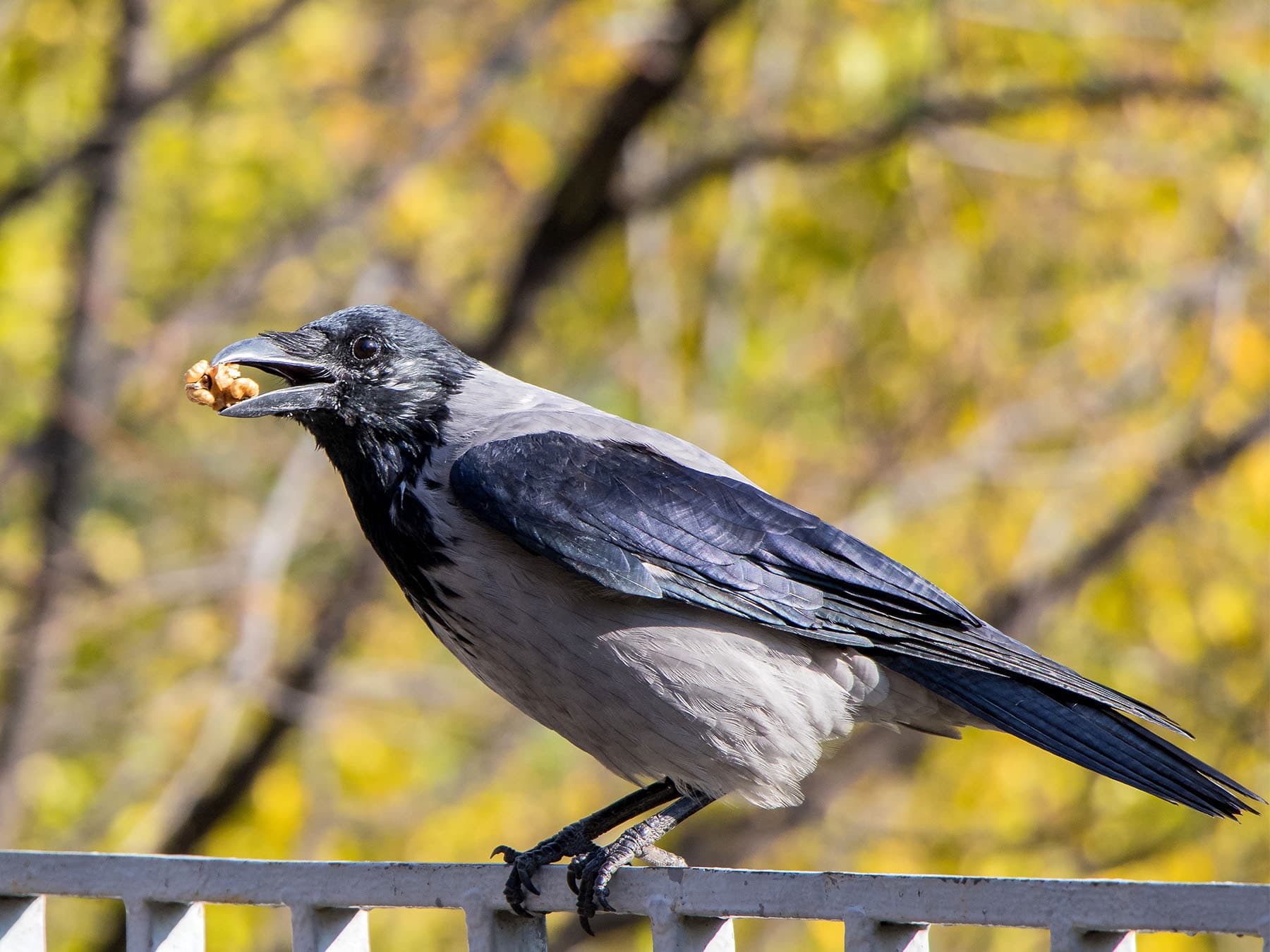
Ethical considerations
While feeding a crow may sound like a positive and kind thing to do, there may also be some potentially harmful consequences to building too close a bond.
If crows become too dependent on food provided by humans, there’s always a risk that they will be left unable to fend for themselves if suddenly this support feeding ends, e.g. due to people moving house, going on holiday or falling ill and being unable to continue with any feeding routine they have established.
Crows are notoriously smart and adaptable and are thought to recognise and even form a bond with a person who regularly feeds them and treats them kindly. There’s a risk, however, of birds associating any human as a source of food or losing their natural instinct to remain vigilant around any threats.
When crows are well-fed by humans on a daily basis, it can lead to an increase in crow populations, as survival chances and health are improved when there is less of a struggle to find food. This can potentially lead to disturbances in the local ecosystems.
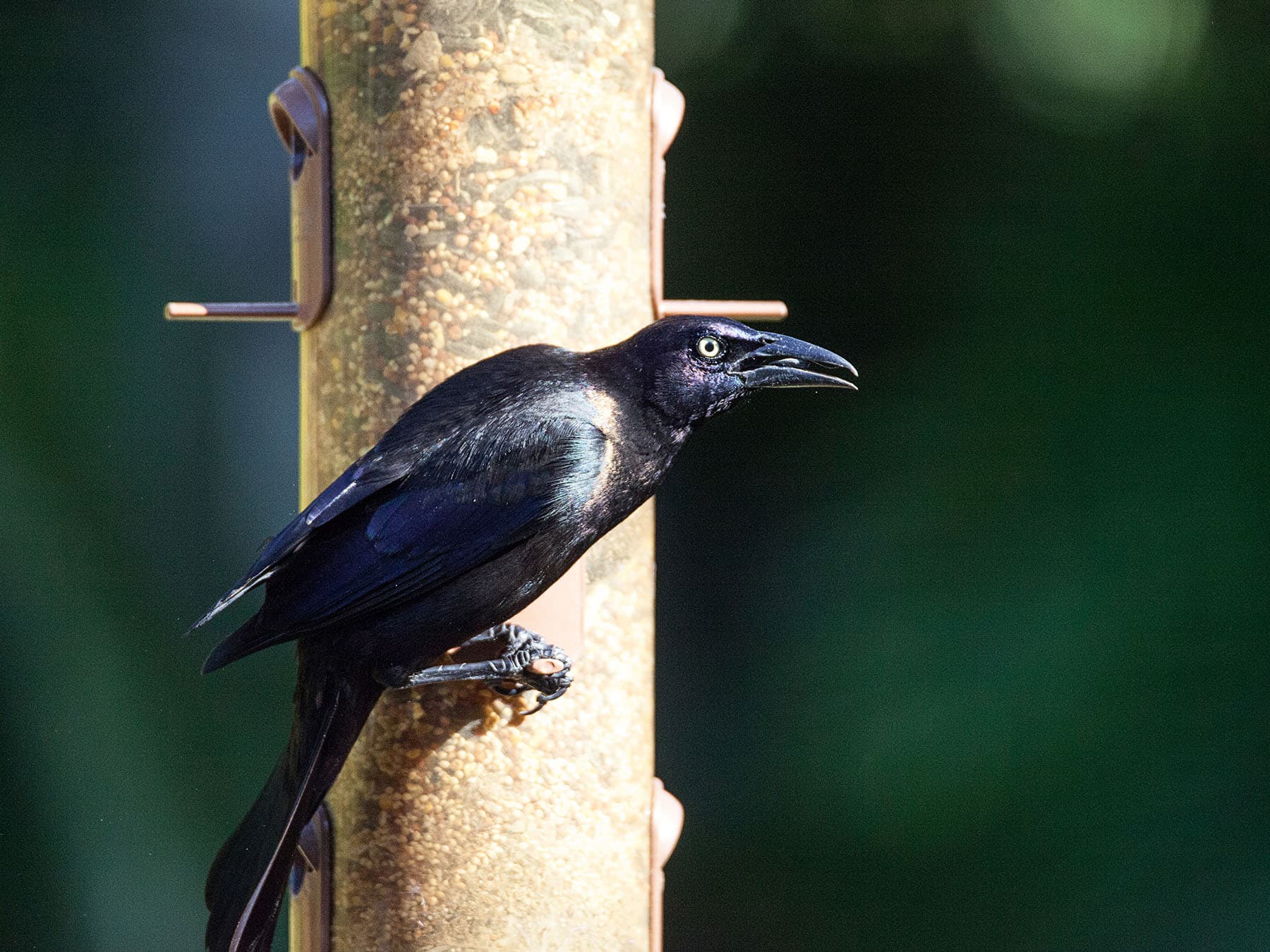
Summary
With the increase of urban crow populations and more competition for available foods, whether these are fruit and berries, insects, birds’ eggs, nestlings, small rodents, roadkill or scraps scavenged from human leftovers, crows have certainly become masters of moving with the times.
They are skilled at finding any form of food to avoid going hungry. When food is provided in a back garden, crows will quickly drive away any other birds feeding nearby and establish themselves at the top of any pecking order they are part of.
Although crows may become reliant on humans for food, it’s rare that any back garden scraps or leftover cat biscuits we offer them will be their only source of nutrition. Crows scavenging territories cover wide areas, and they are constantly on the lookout for any foraging opportunities large or small.
If you feed crows regularly enough, your local corvids may become familiar with your routine and may begin to feel less wary around you and may even sit and wait for you to put out their food or arrive as soon as you’ve provided their snacks.
In some cases, crows even show their gratitude to the humans who show them kindness by leaving their own tokens in return, which has been interpreted by some researchers as a way of showing their appreciation.
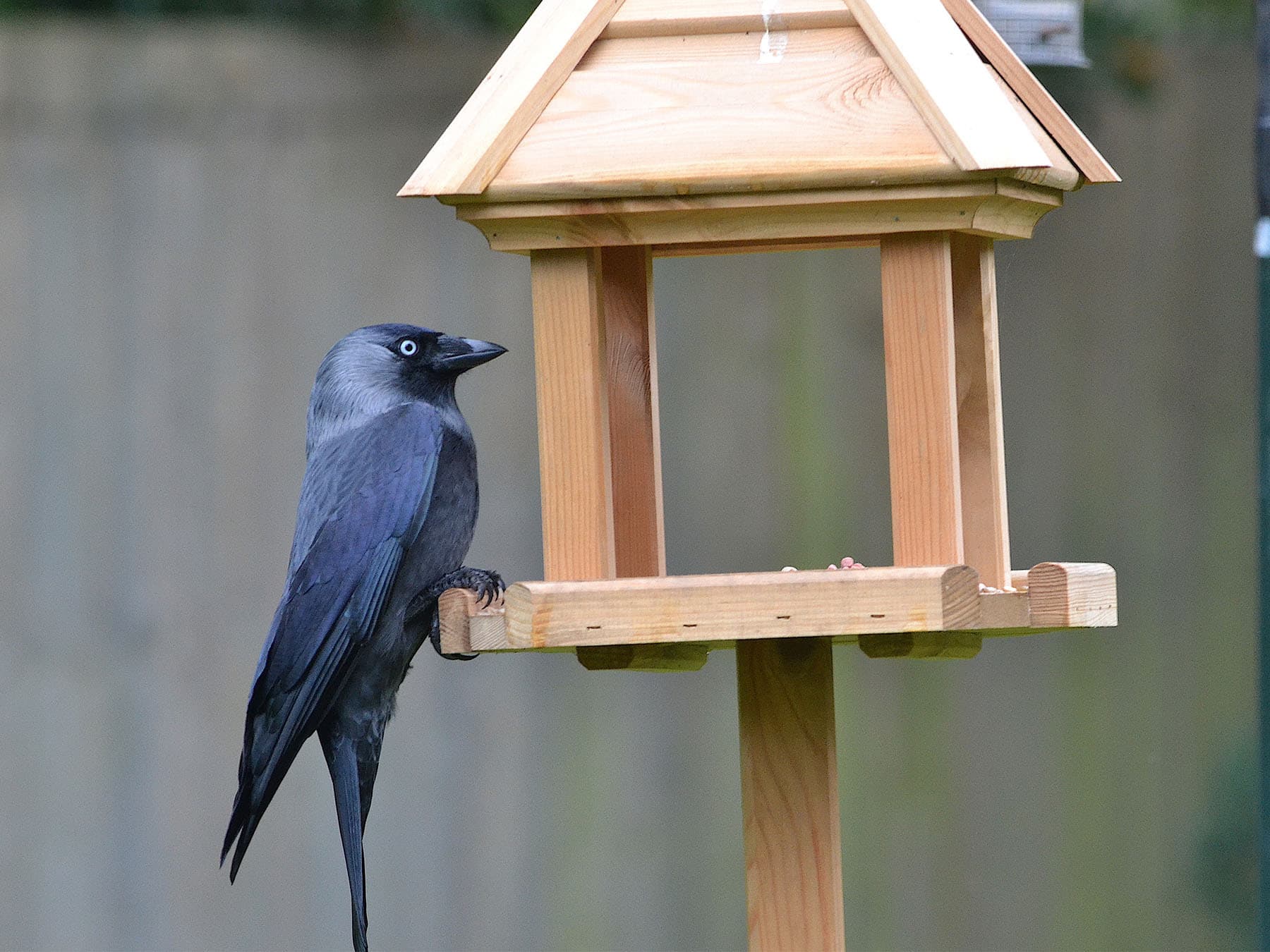
FAQs
What shouldn't you feed crows?
There are certain foods you shouldn’t ever feed to any birds and crows are no exception: avocado, chocolate and caffeine, food that contains onion or garlic, and anything with a high sugar, salt or fat content. Foods with artificial flavoring should also be avoided, such as seasoned meat, roasted nuts and sweeteners.
Do crows eat other birds?
Crows are opportunistic feeders - they will eat the nestlings and eggs of other birds if they come across them, but will not usually not actively chase and hunt other birds to eat. When hungry, and with no alternative, crows might occasionally eat small, weak songbirds or prey on young fledglings that are not quite as experienced at evading larger birds. But usually, crows will find plenty of other food sources, including carrion,
How do crows' diets differ across regions?
In urban areas, crows may not have access to a sufficient balanced diet, and as a consequence, may end up relying heavily on rather unsuitable foods including fast food scraps or leftovers. Diets that are high in salt or low in protein may impact a crow’s health and appearance.
Rural crows have healthier natural diets, with carrion, small mammals, birds and their eggs, and fruit and grains playing a more significant role than human food waste.
What is the significance of crows in various cultures in relation to their diet?
In certain cultures, crows are viewed with negativity and distaste, due to their habit of eating carrion. In Slavic folklore, crows are associated with evil and death. However, in Japanese culture, they enjoy a more positive reputation and are viewed by some as symbols of gratitude and guidance, and their cunningness and intelligence are acknowledged and respected.
The Hindu ritual of ‘shradh’ relates directly to feeding crows, and has the symbolic meaning of linking this world to the afterlife. Crows are seen as a direct link between the present and any deceased ancestors, and when they are fed on the anniversary of a death, it is believed to represent that the soul of the departed loved one is at peace.
Identify Any Bird Instantly
- Upload a photo from your phone or camera
- Get an instant AI identification
- Ask follow-up questions about the bird
Monthly Birds in Your Area
- Personalised for your location
- Seasonal tips and garden advice
- Updated every month with new species
Associated Species
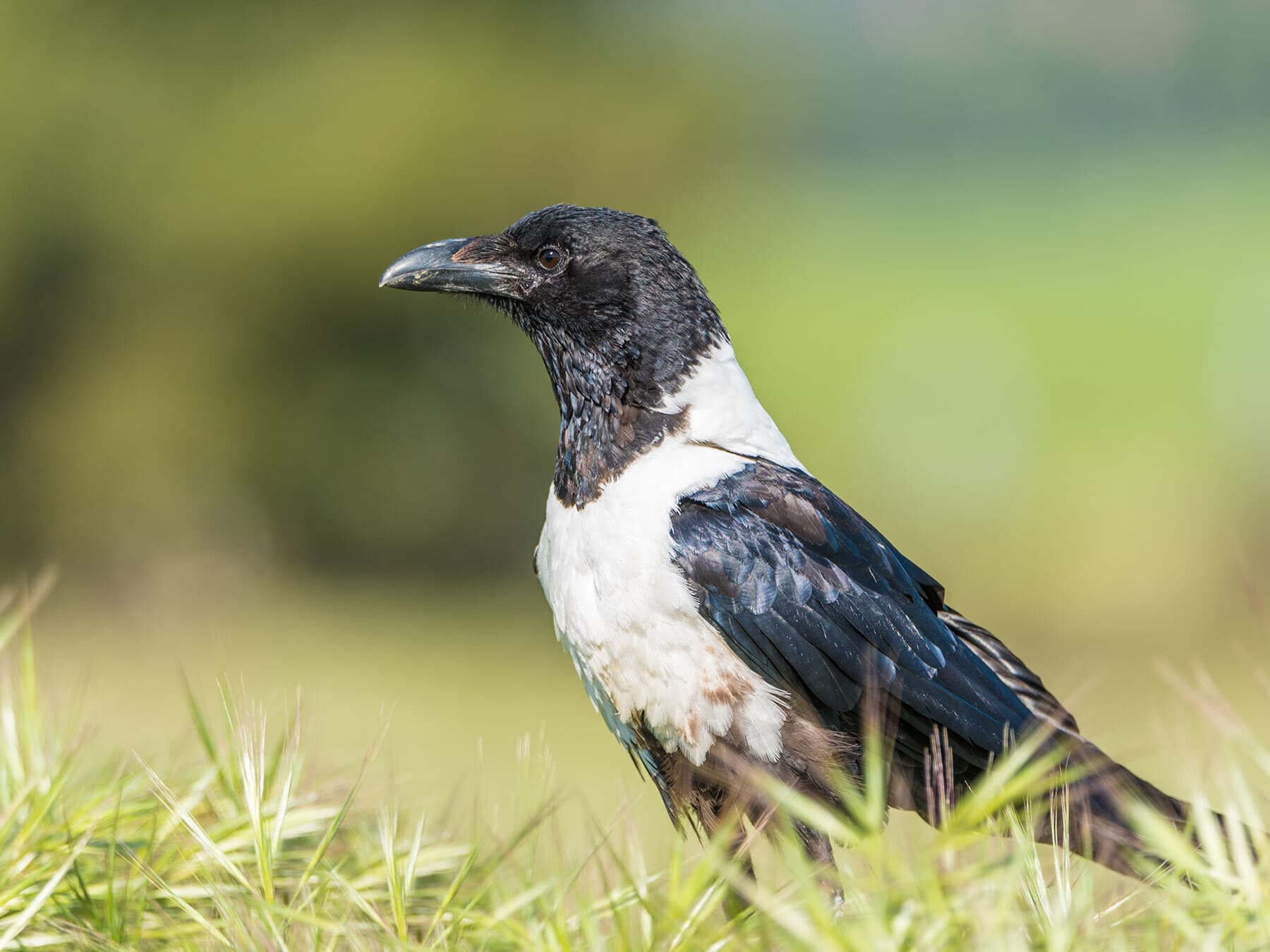
Pied Crow
Corvus albusLC
Crows & Jays
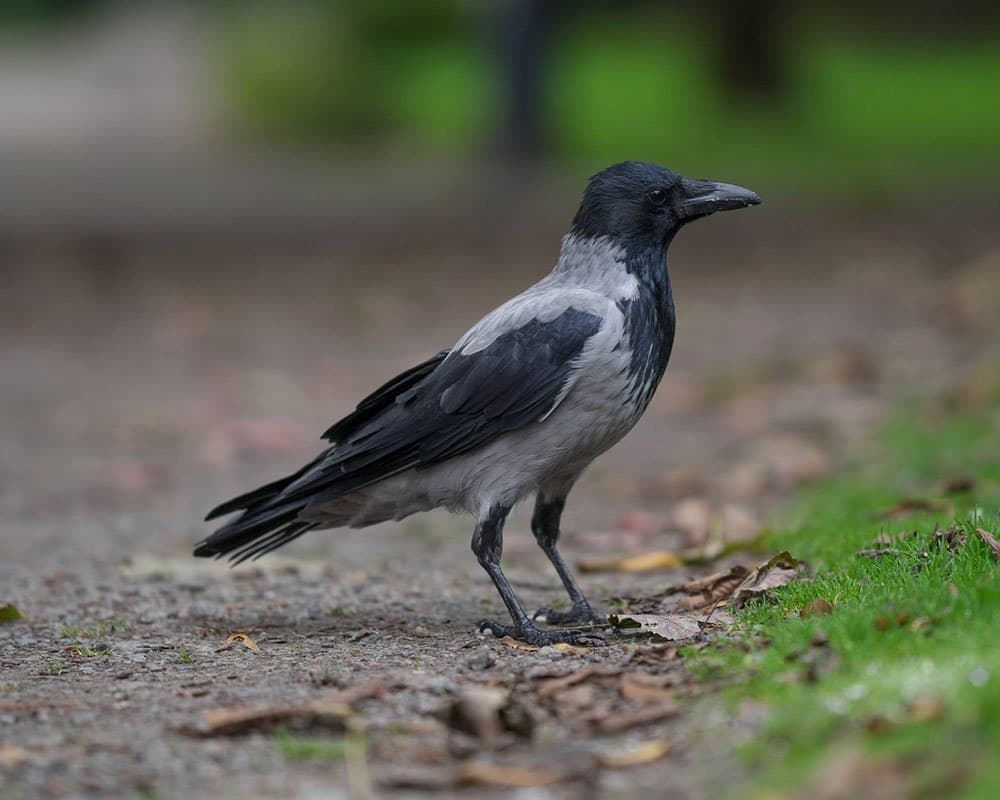
Hooded Crow
Corvus cornixLC
Crows & Jays
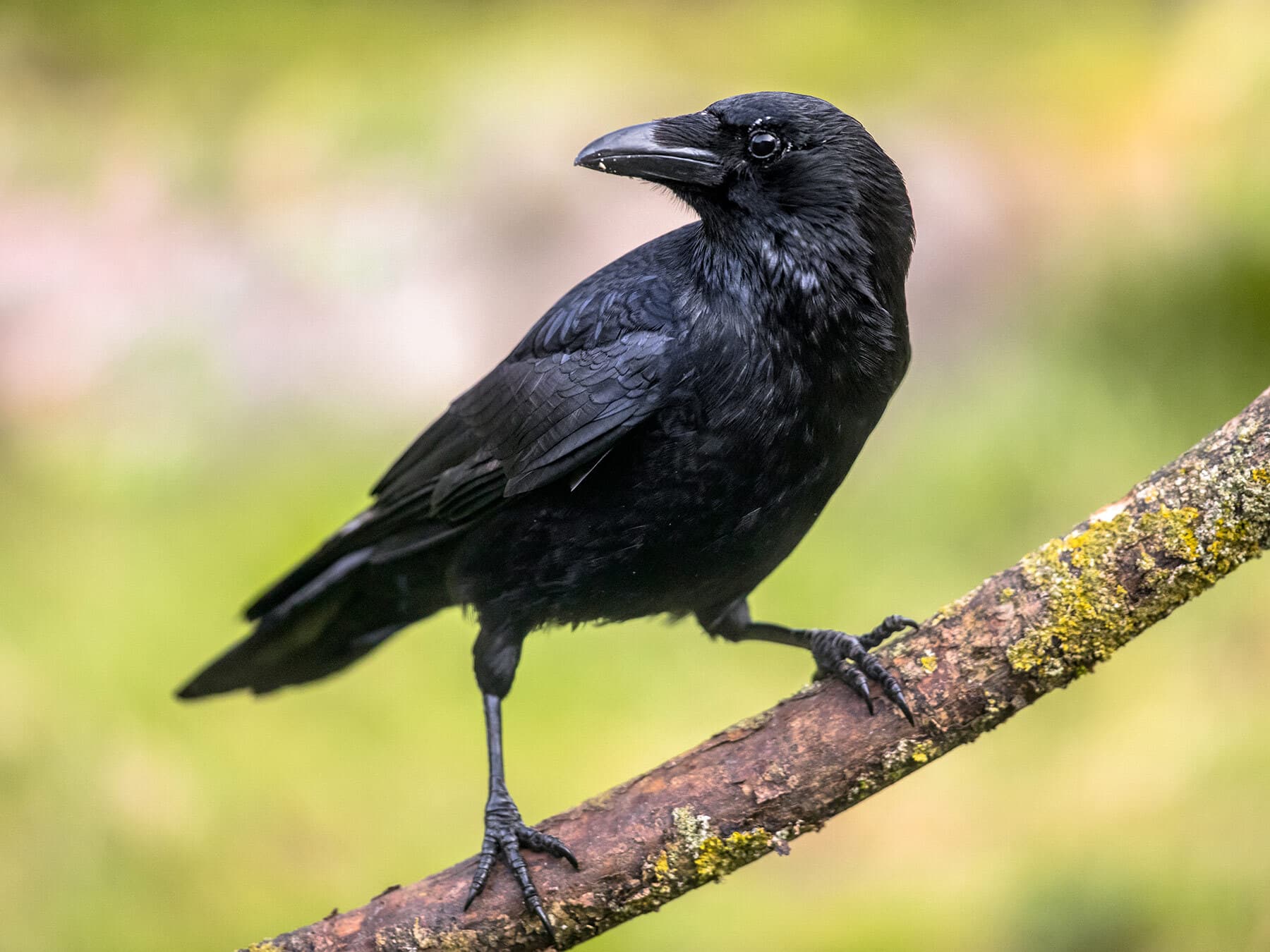
Carrion Crow
Corvus coroneLC
Crows & Jays

Jackdaw
Corvus monedulaLC
Crows & Jays
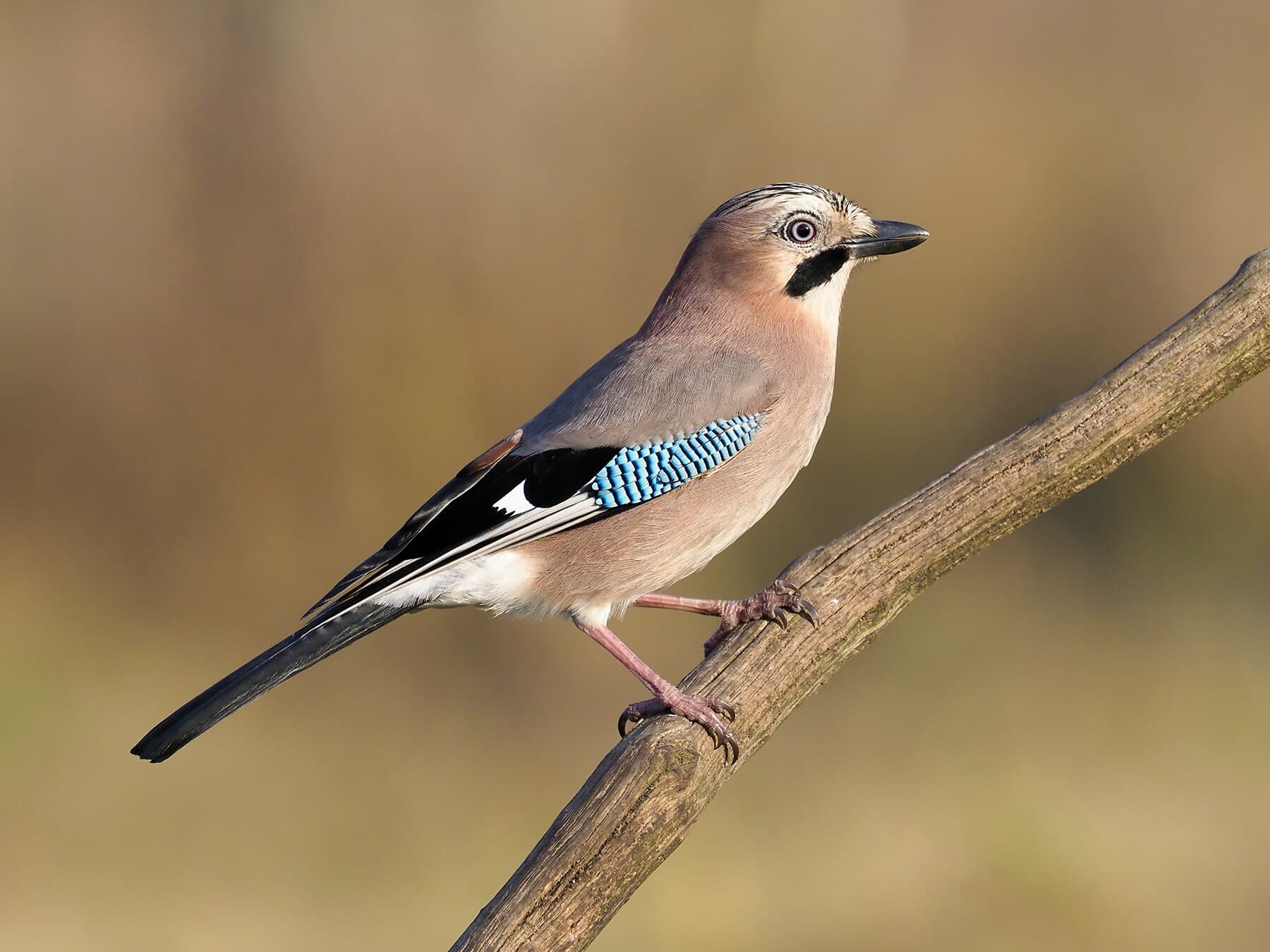
Eurasian Jay
Garrulus glandariusLC
Crows & Jays
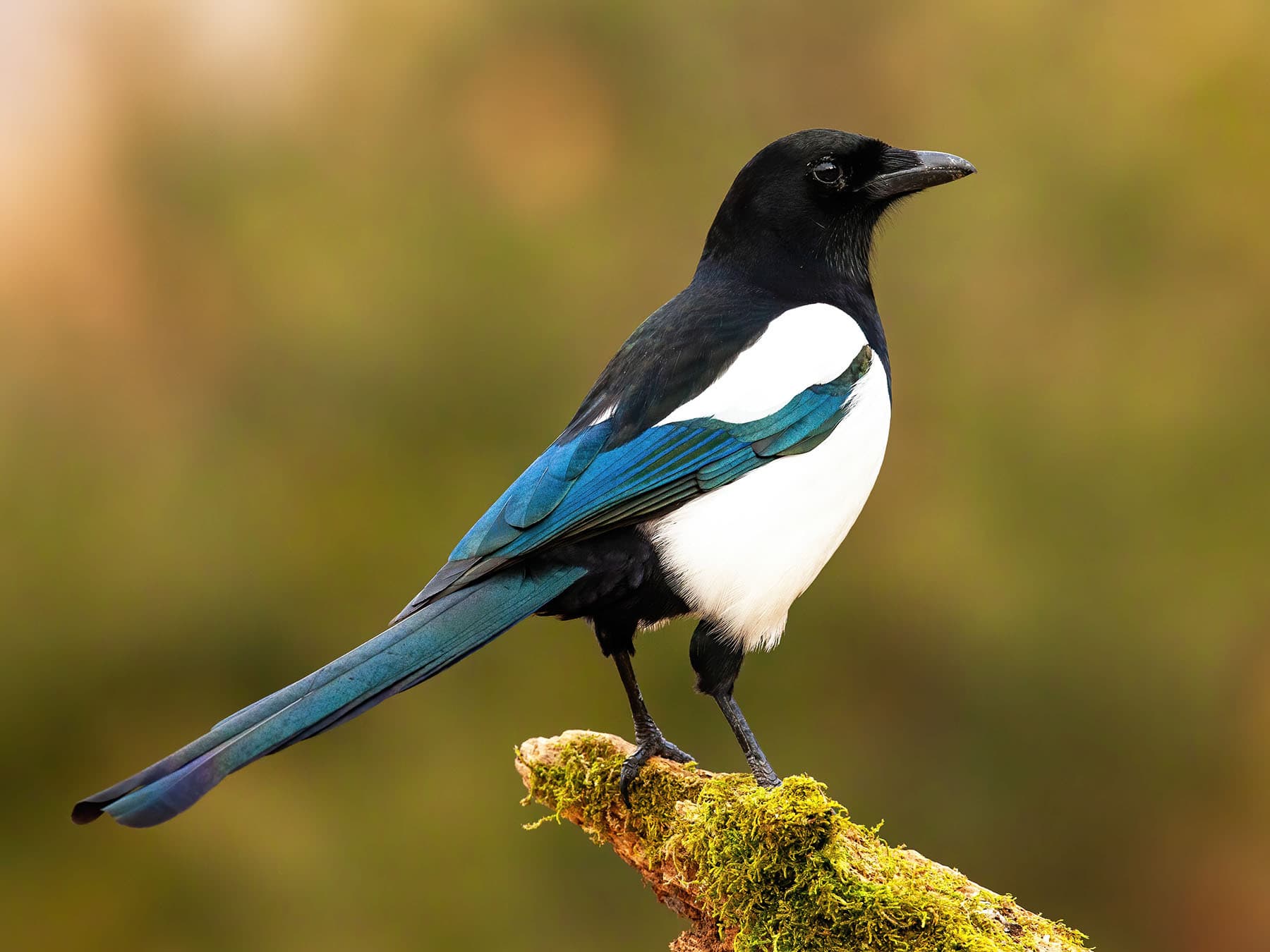
Magpie
Pica picaLC
Crows & Jays
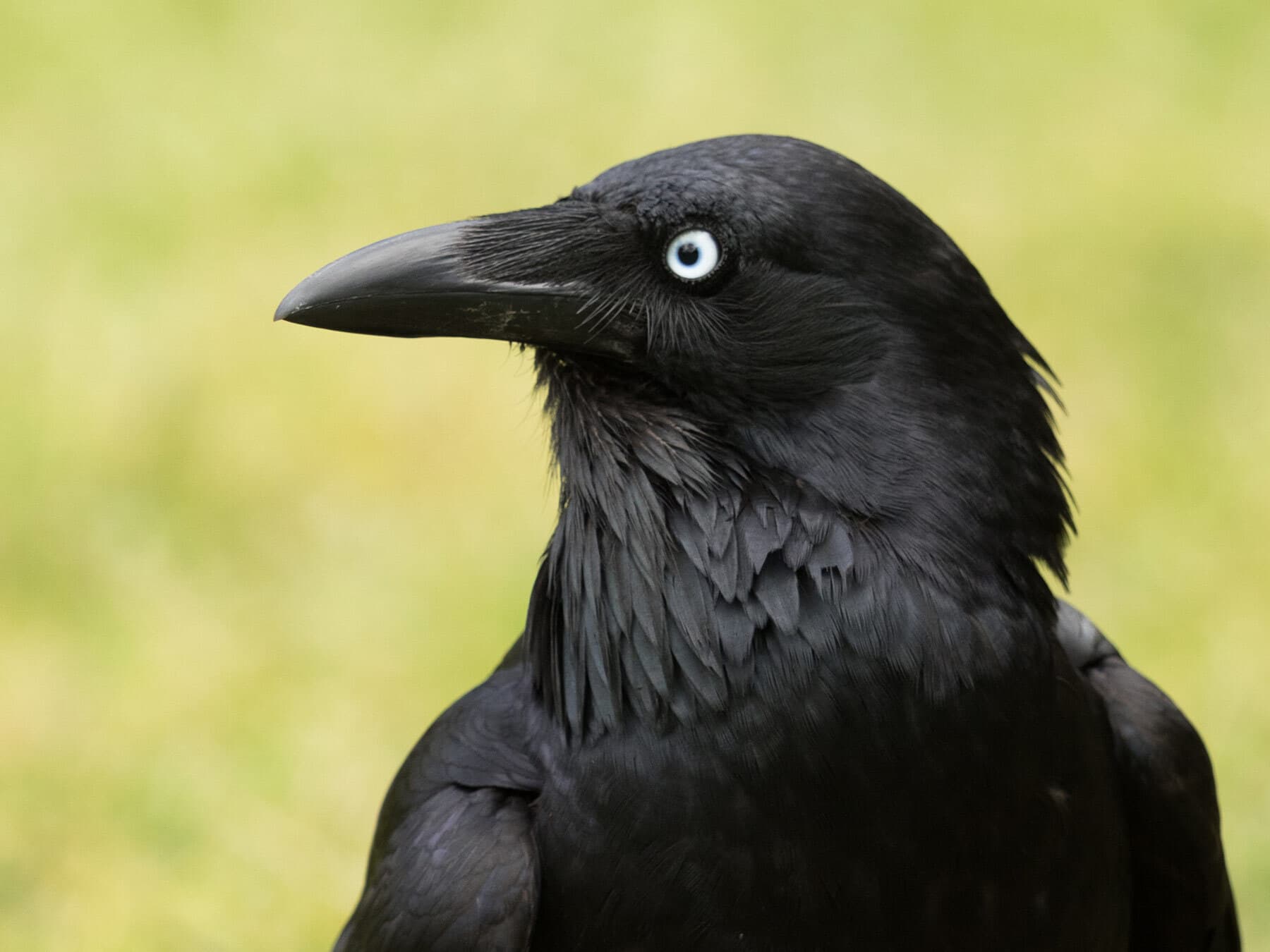
Australian Raven
Corvus coronoidesLC
Crows & Jays
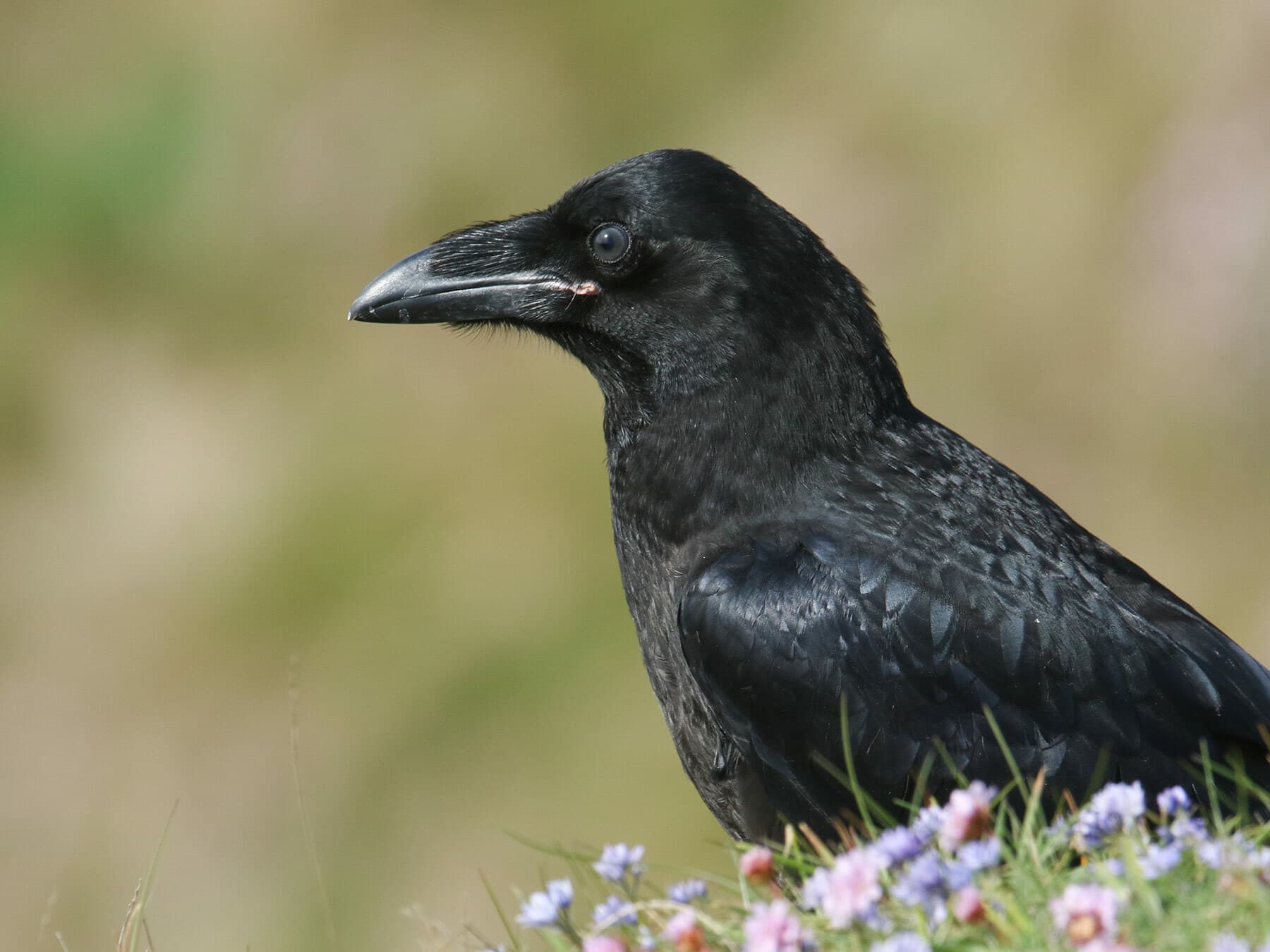
Common Raven
Corvus coraxLC
Crows & Jays
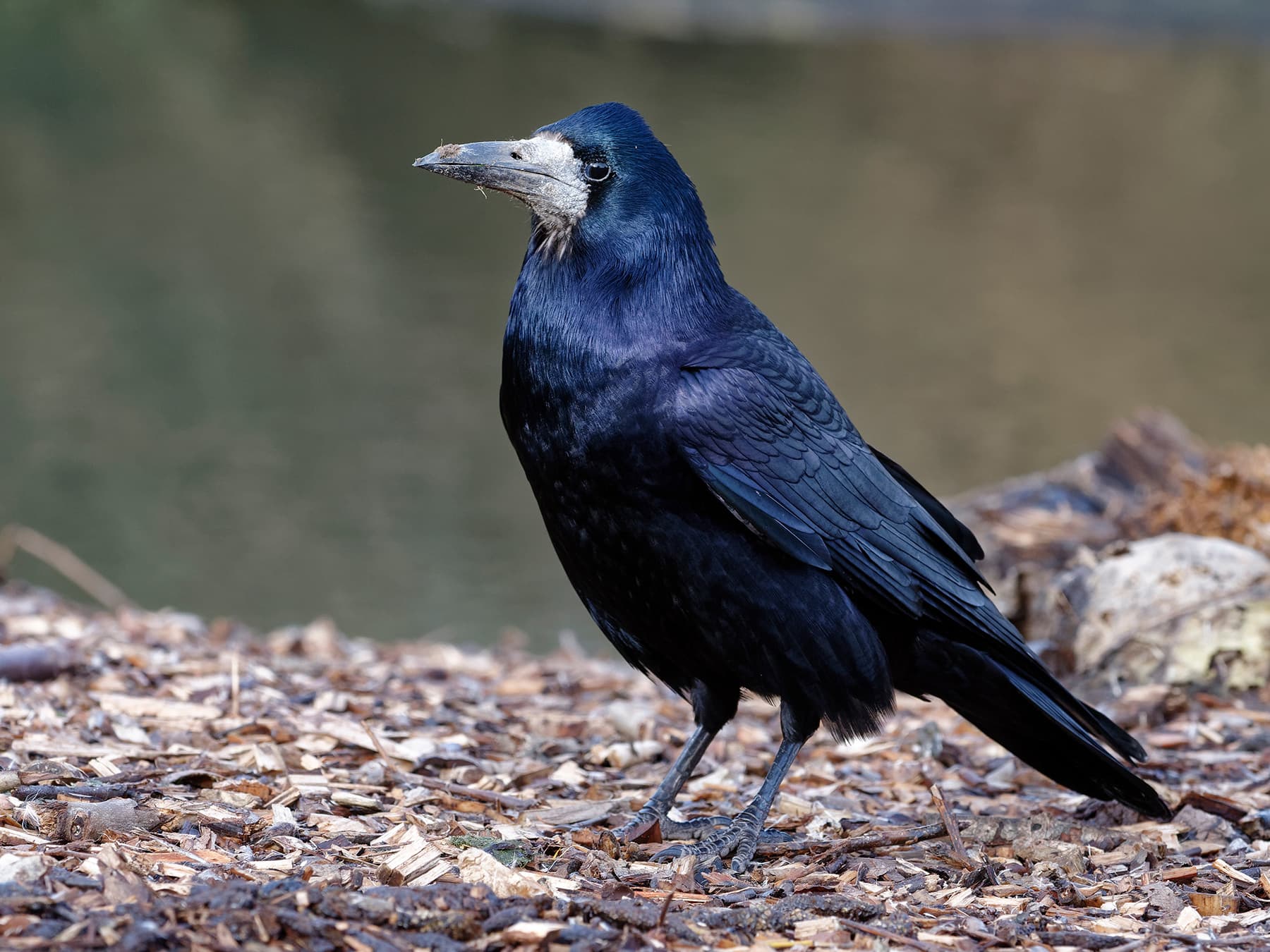
Rook
Corvus frugilegusLC
Crows & Jays
